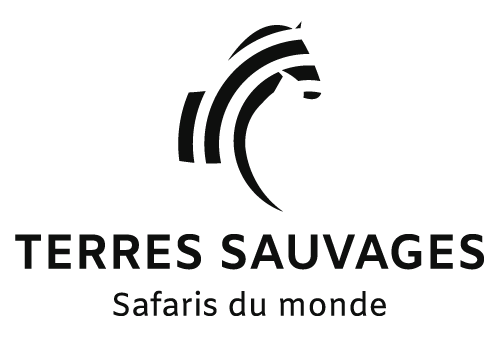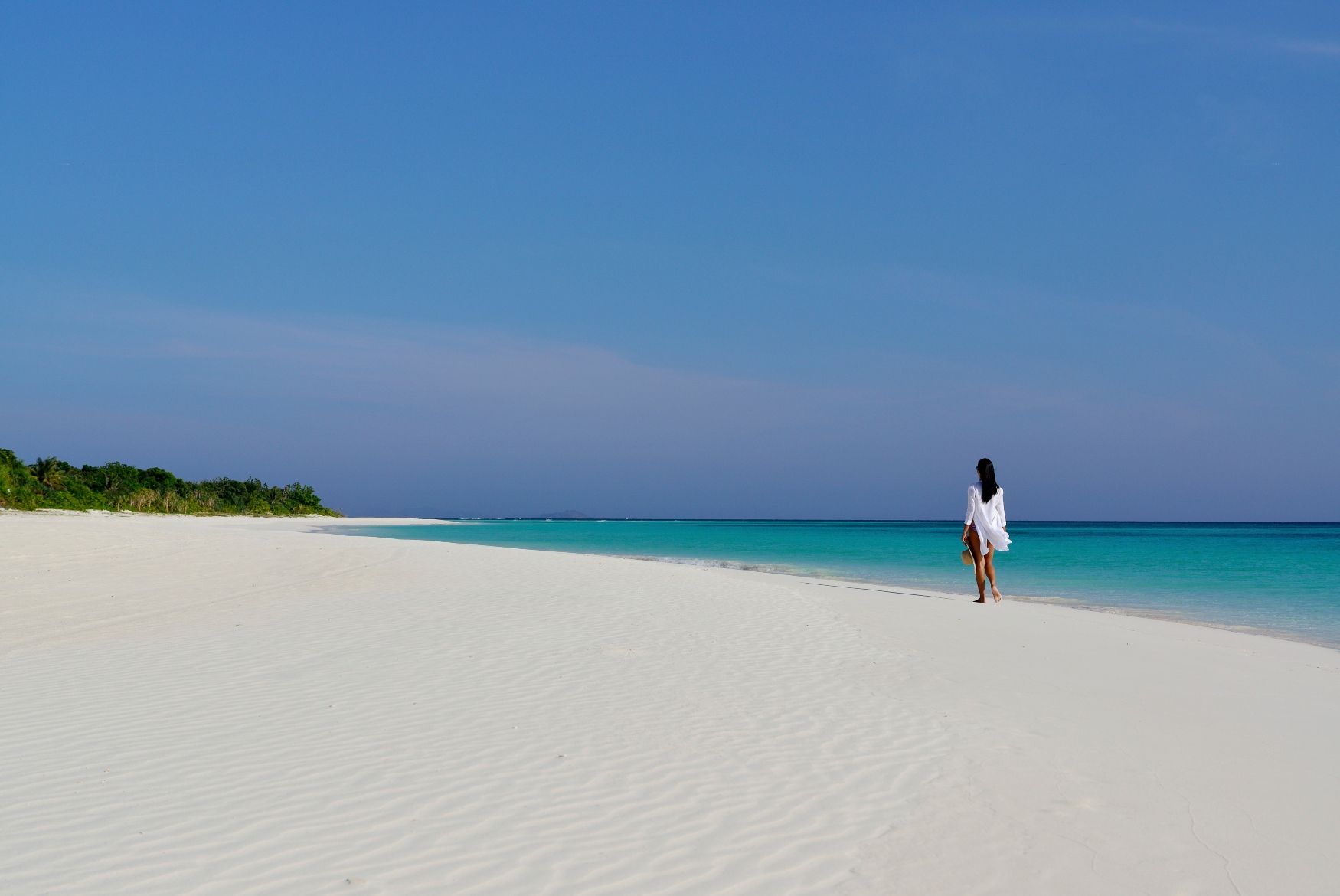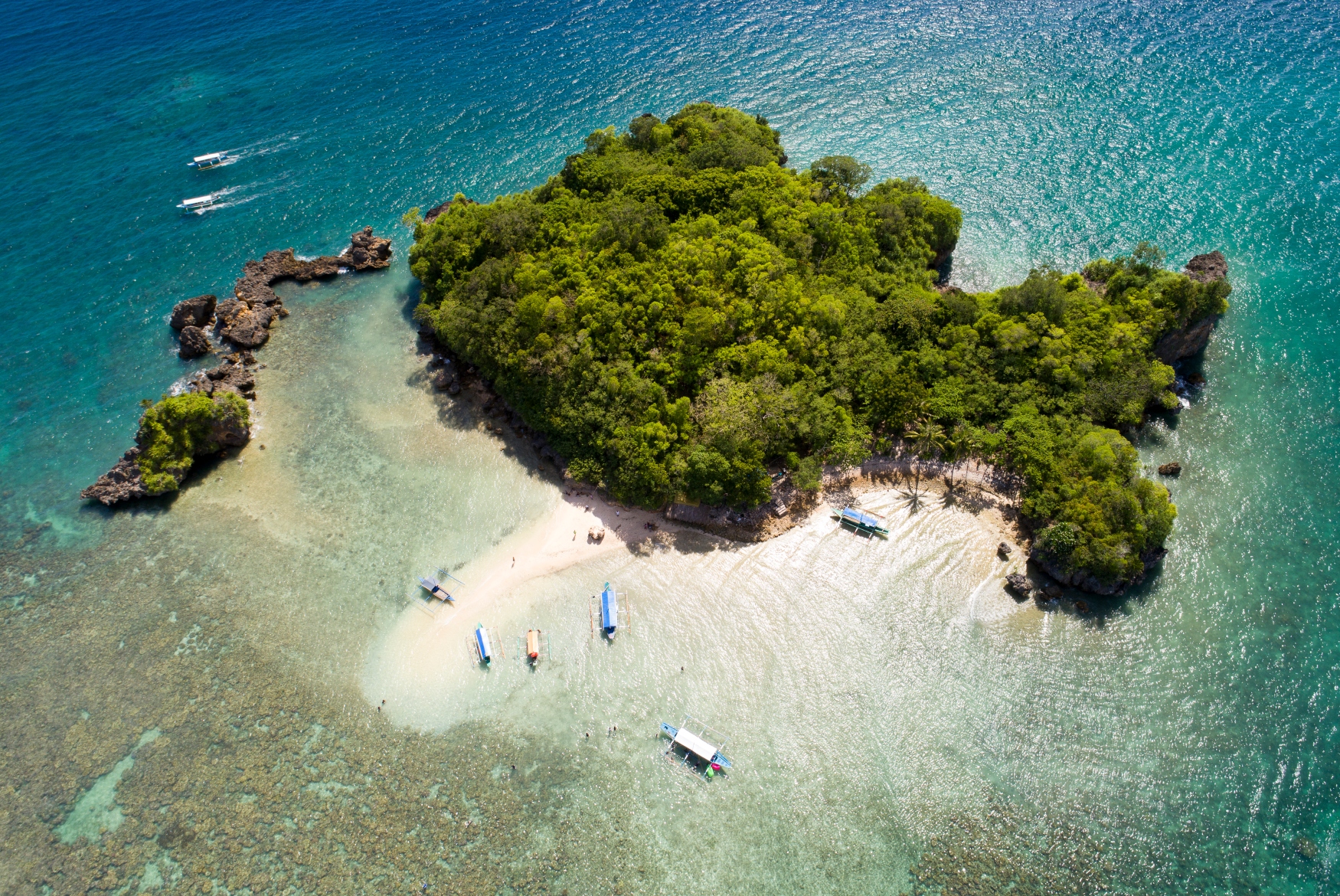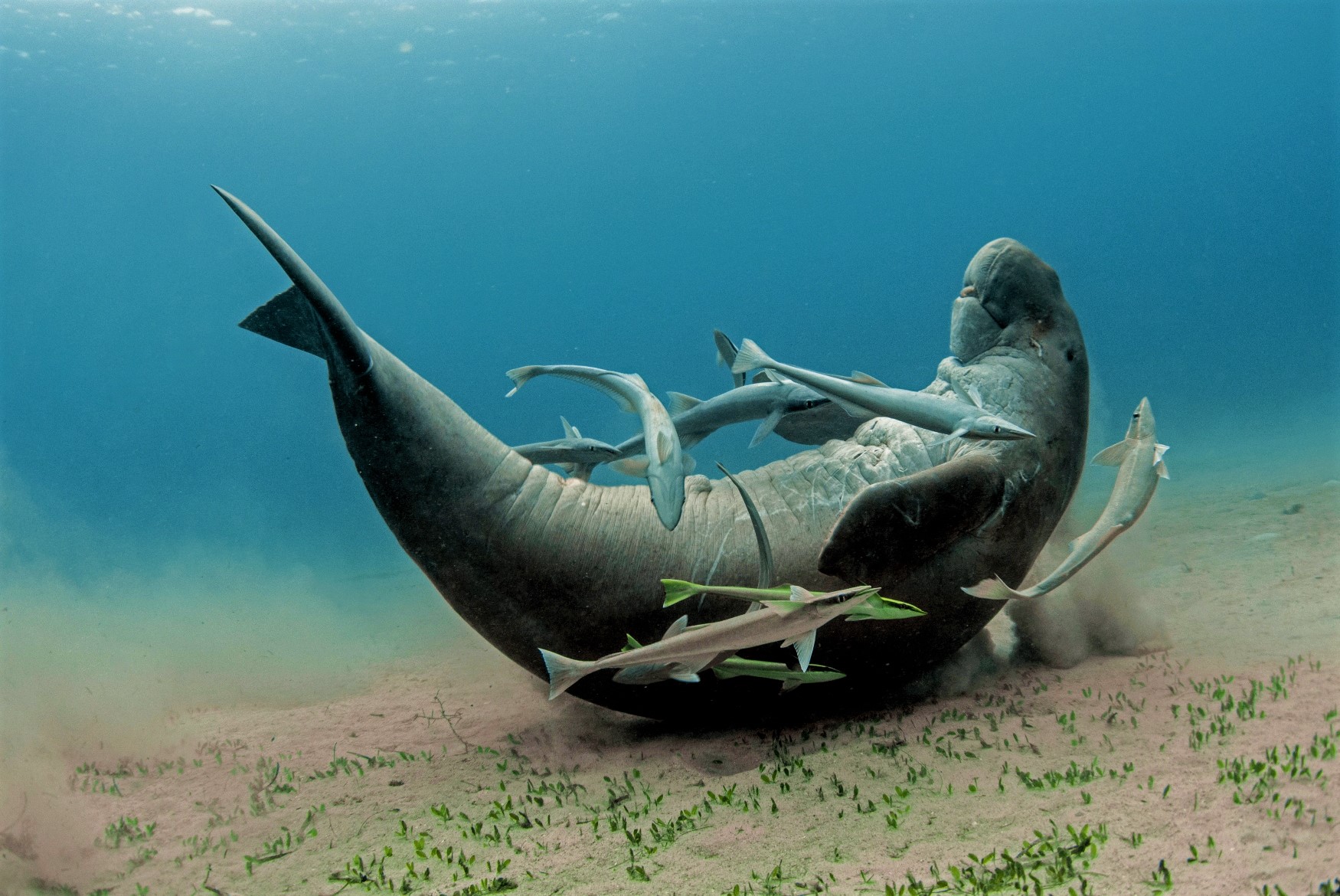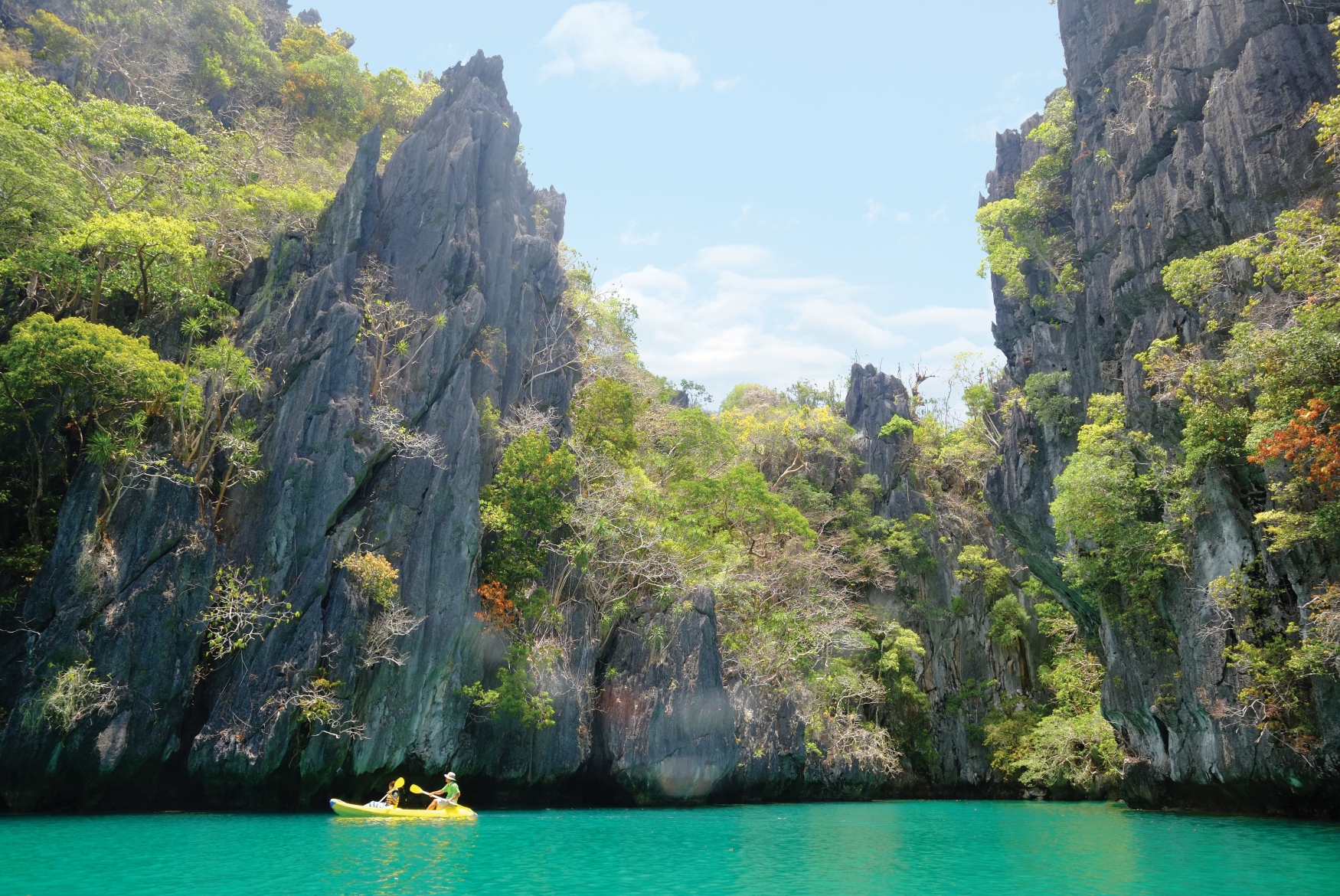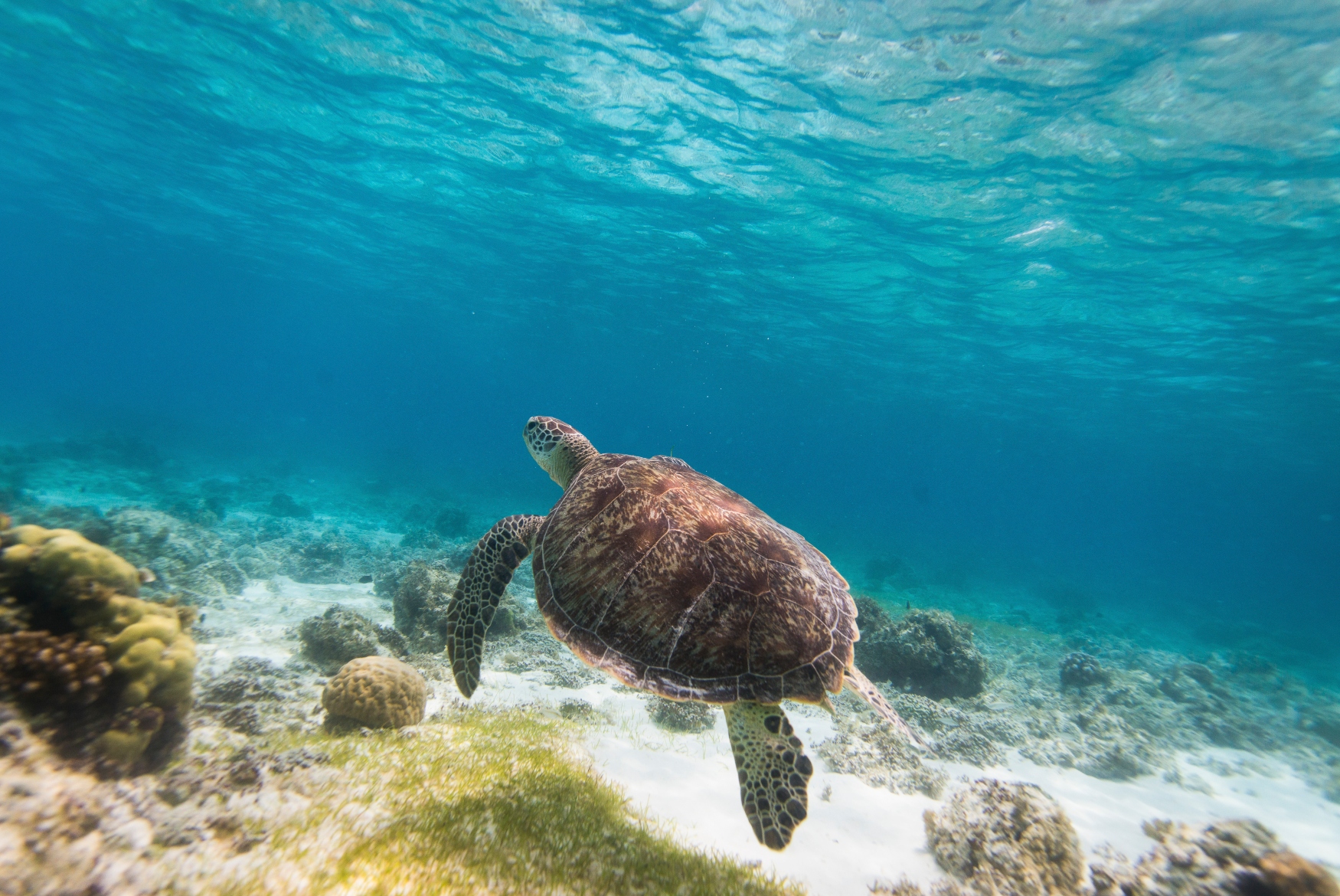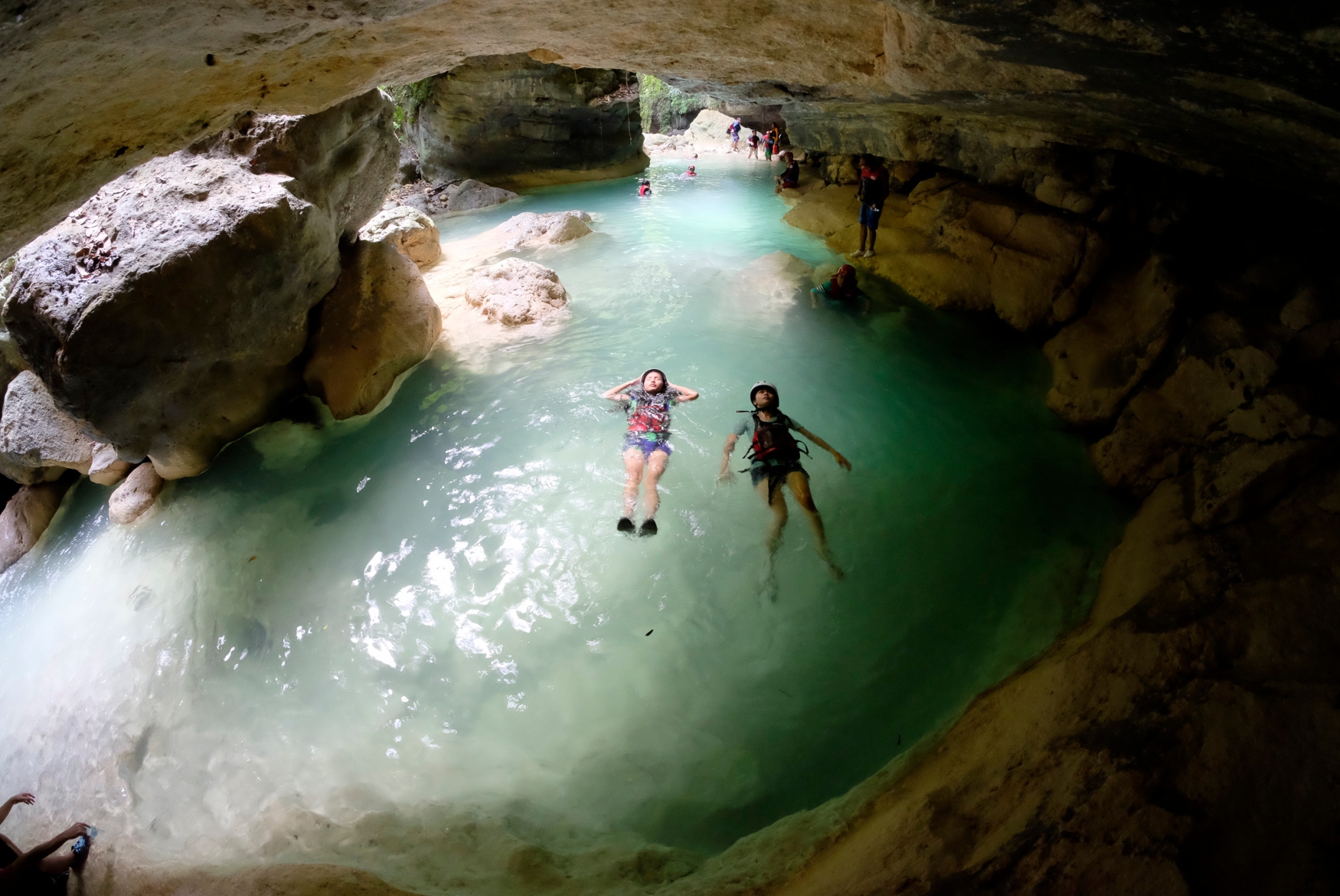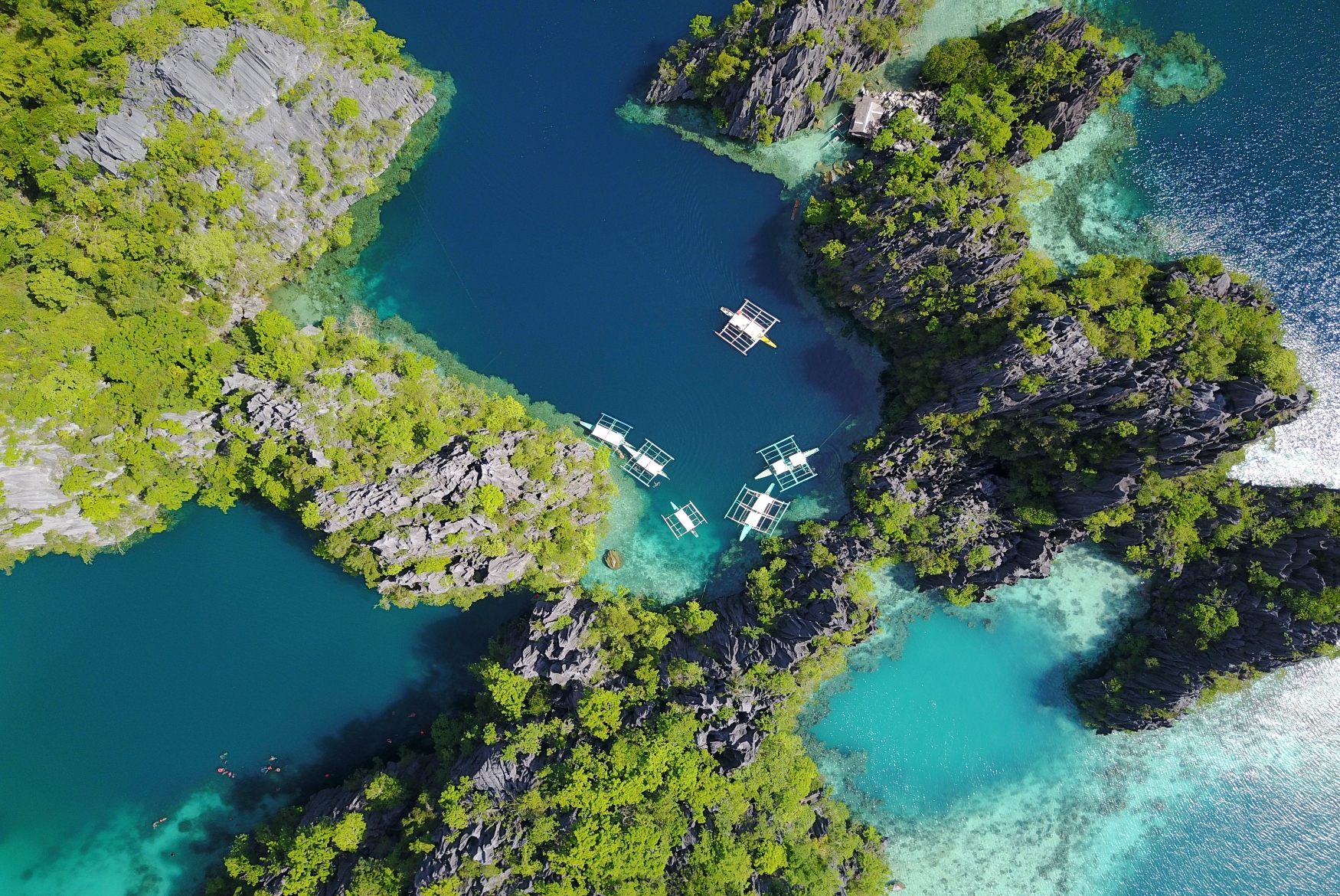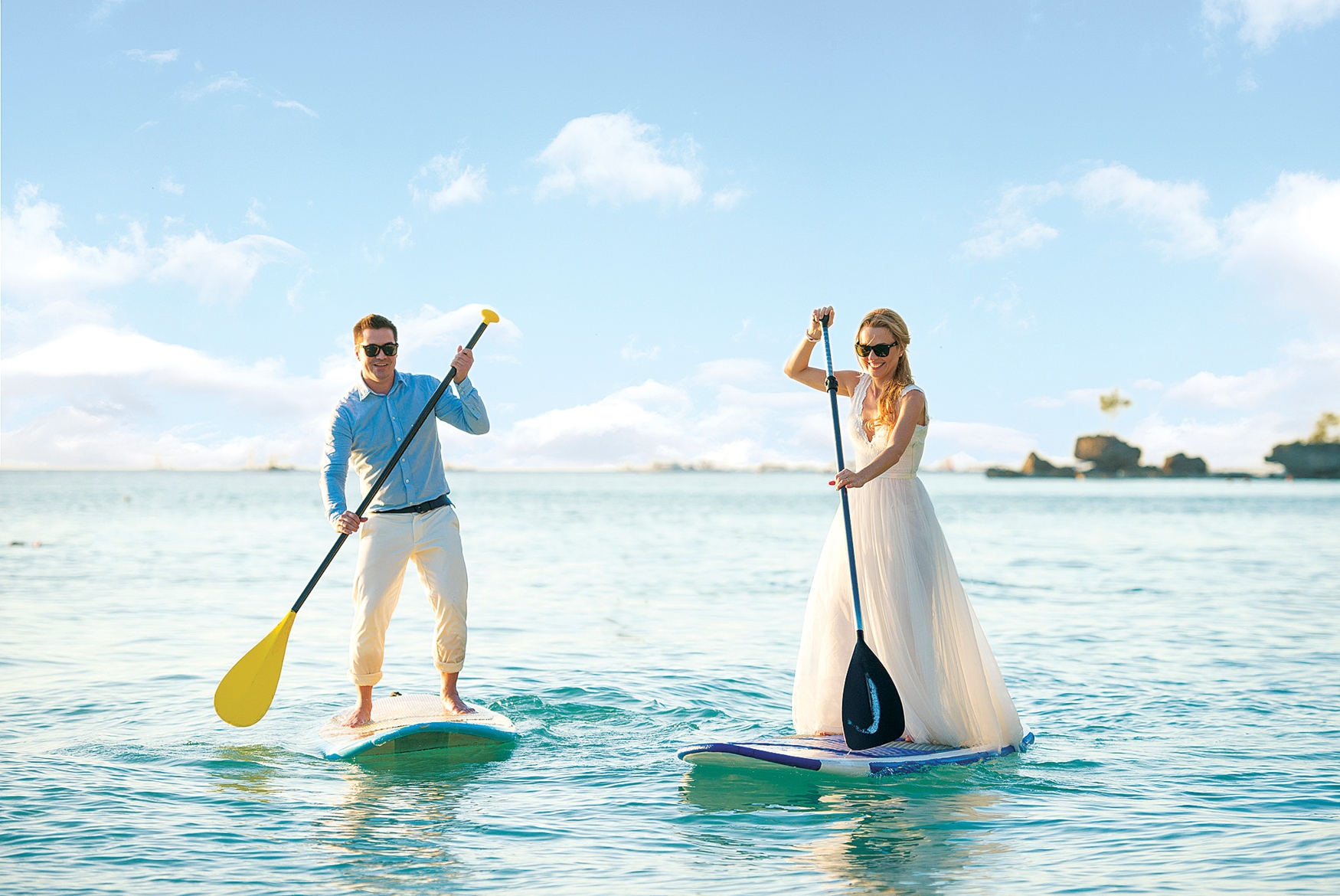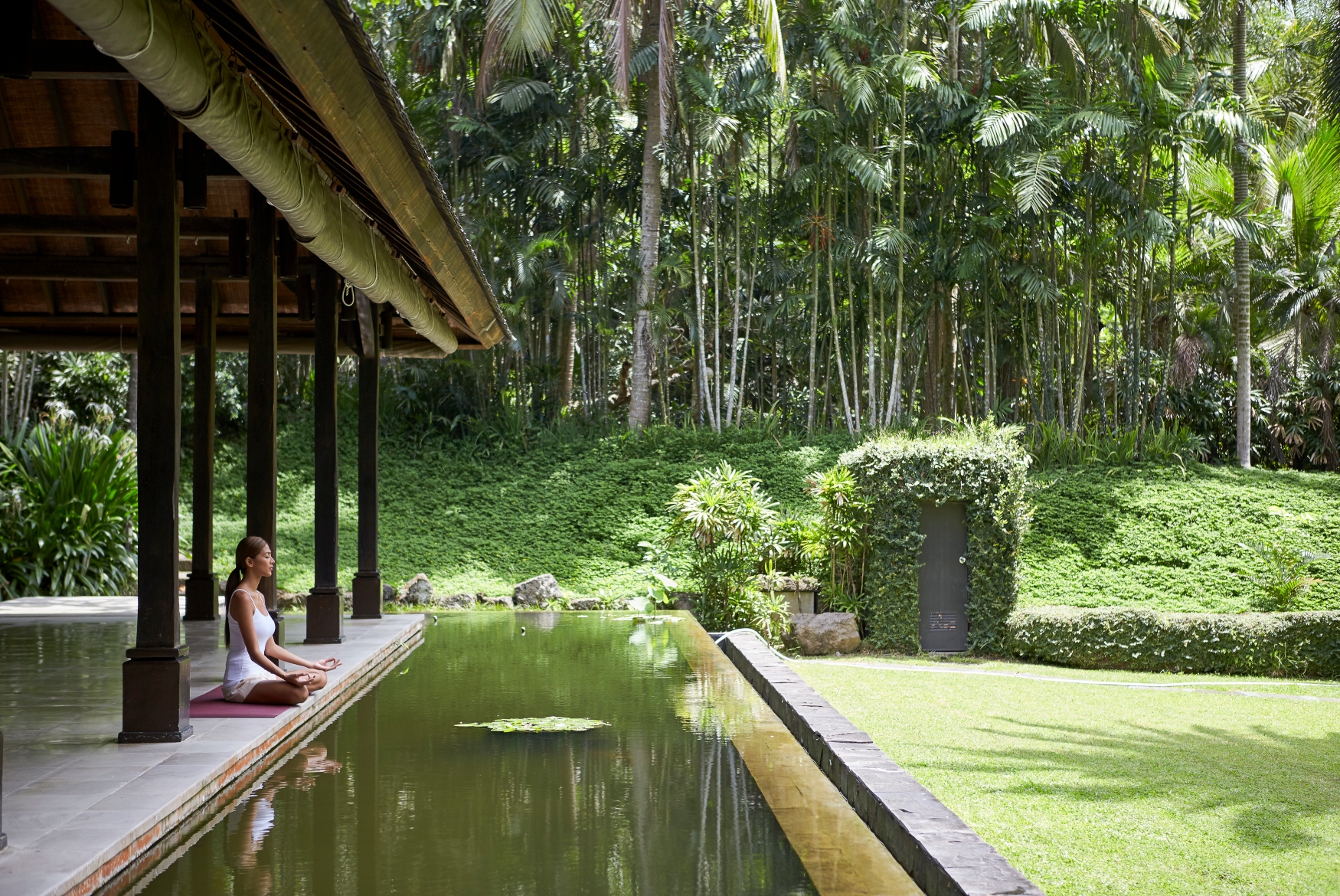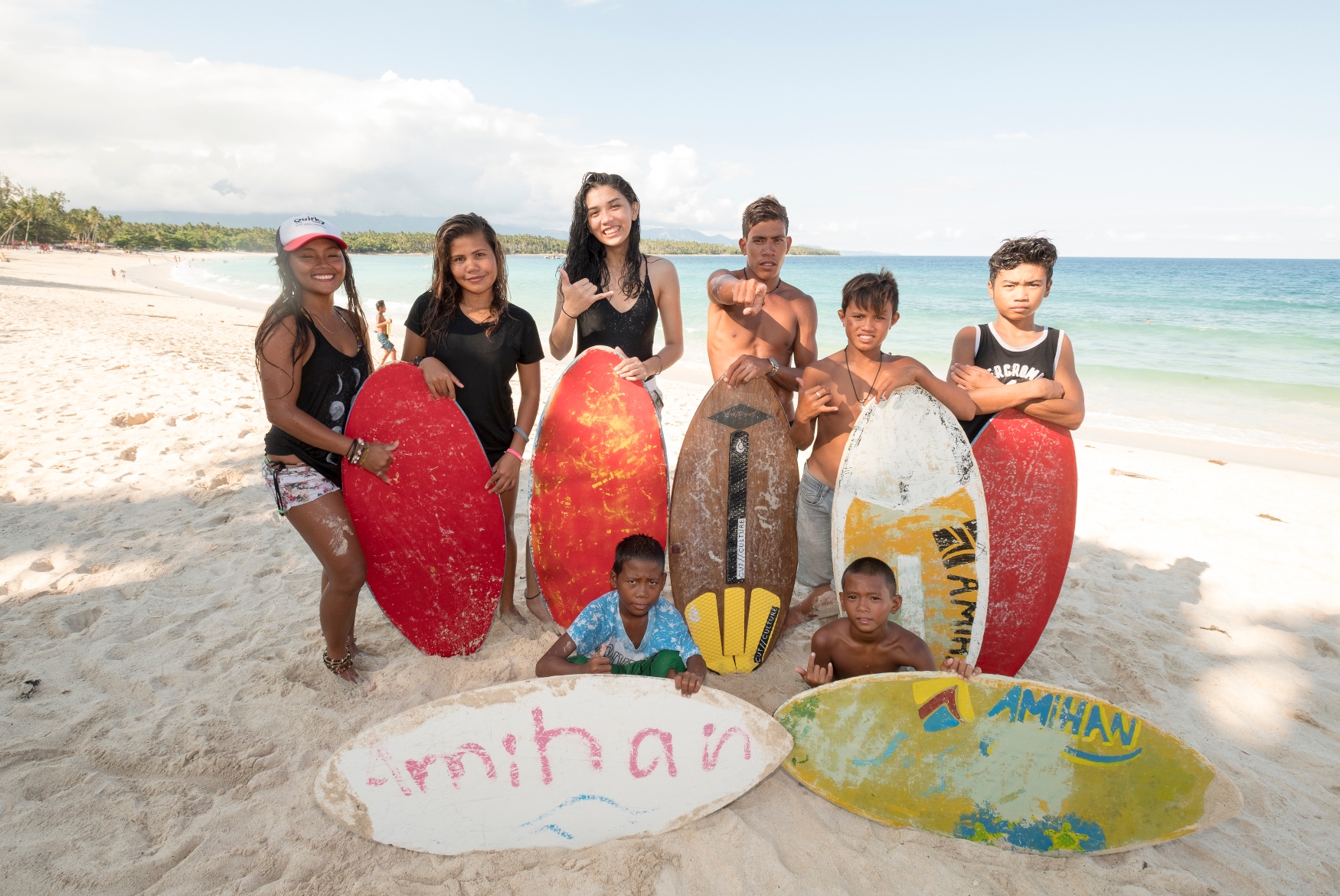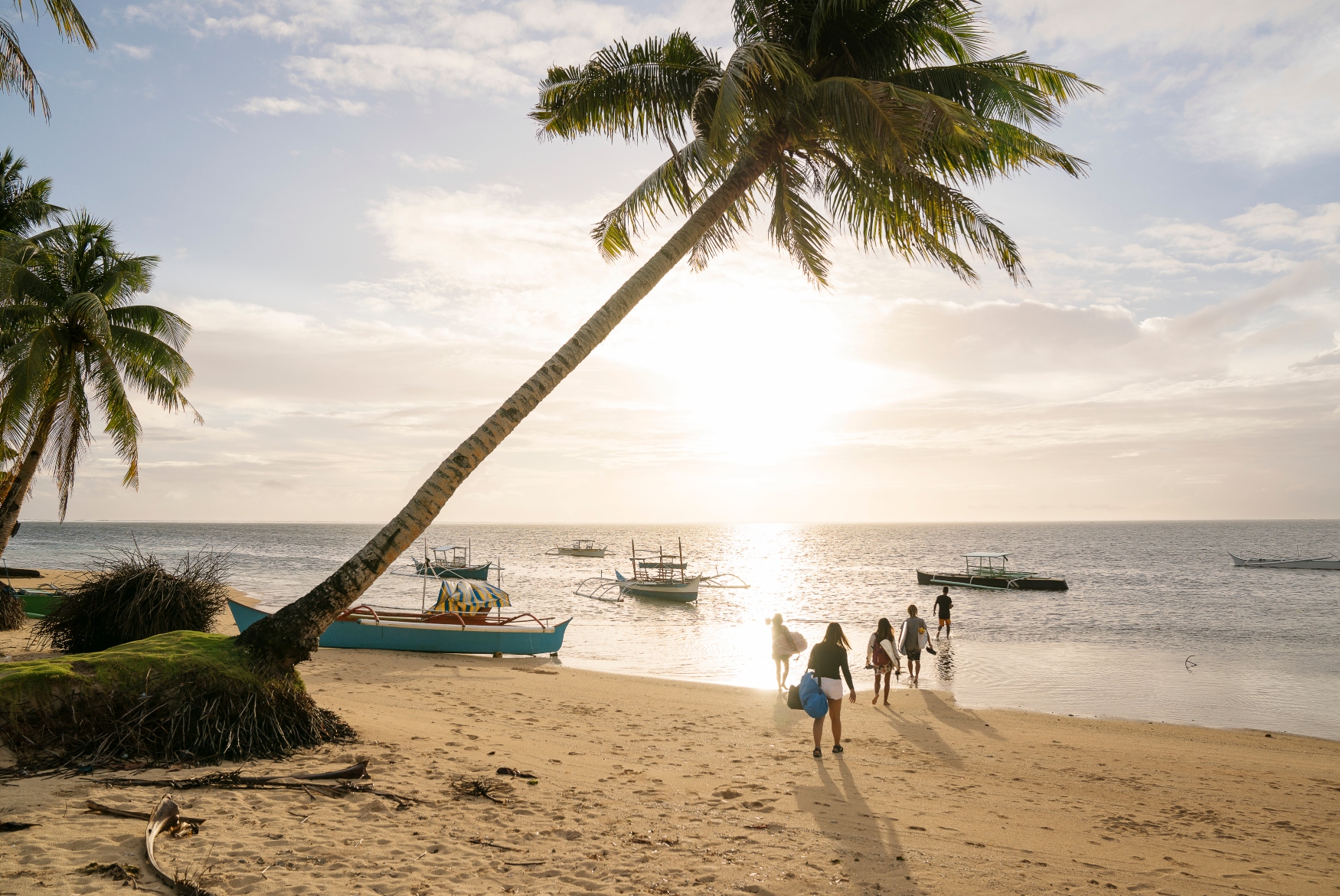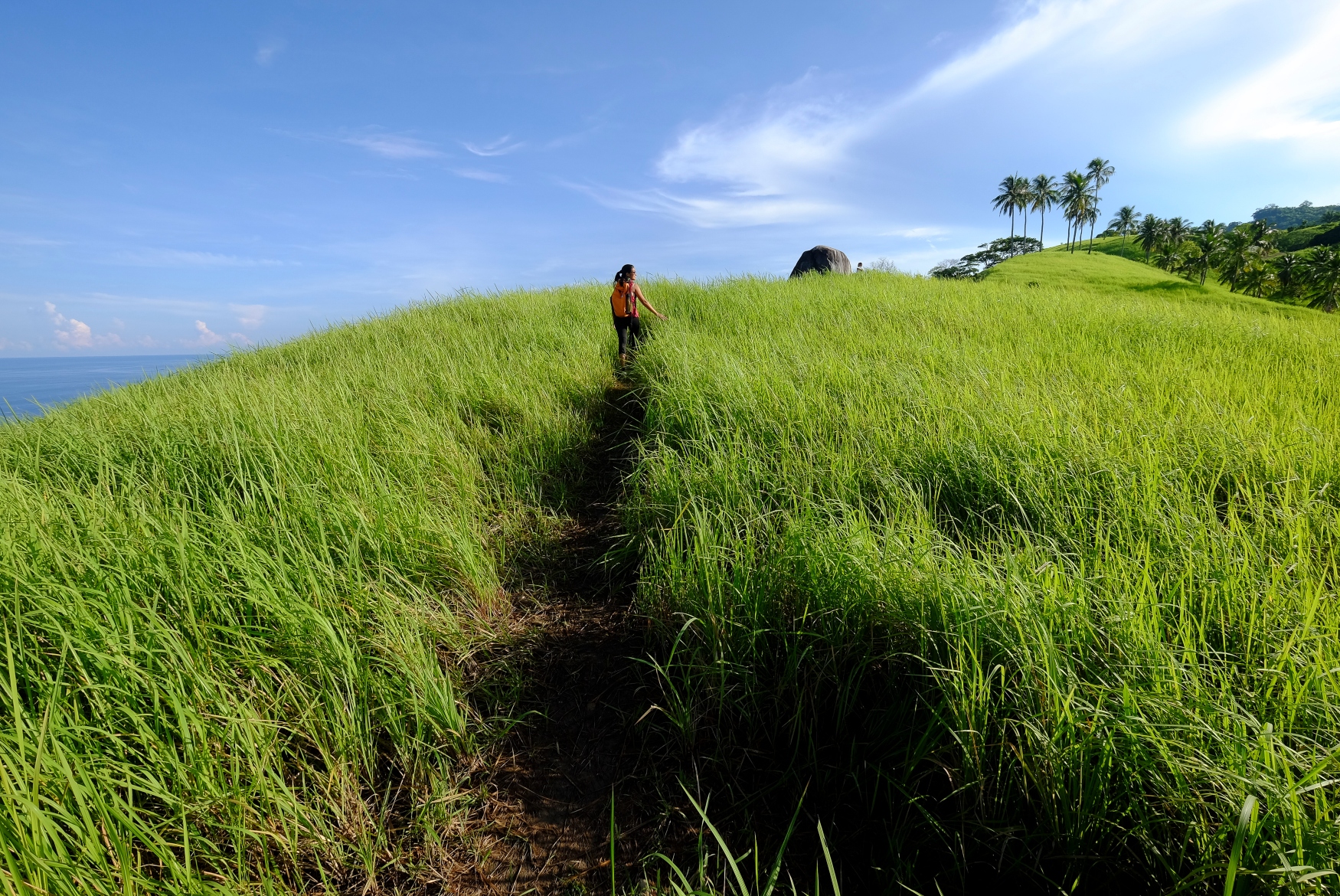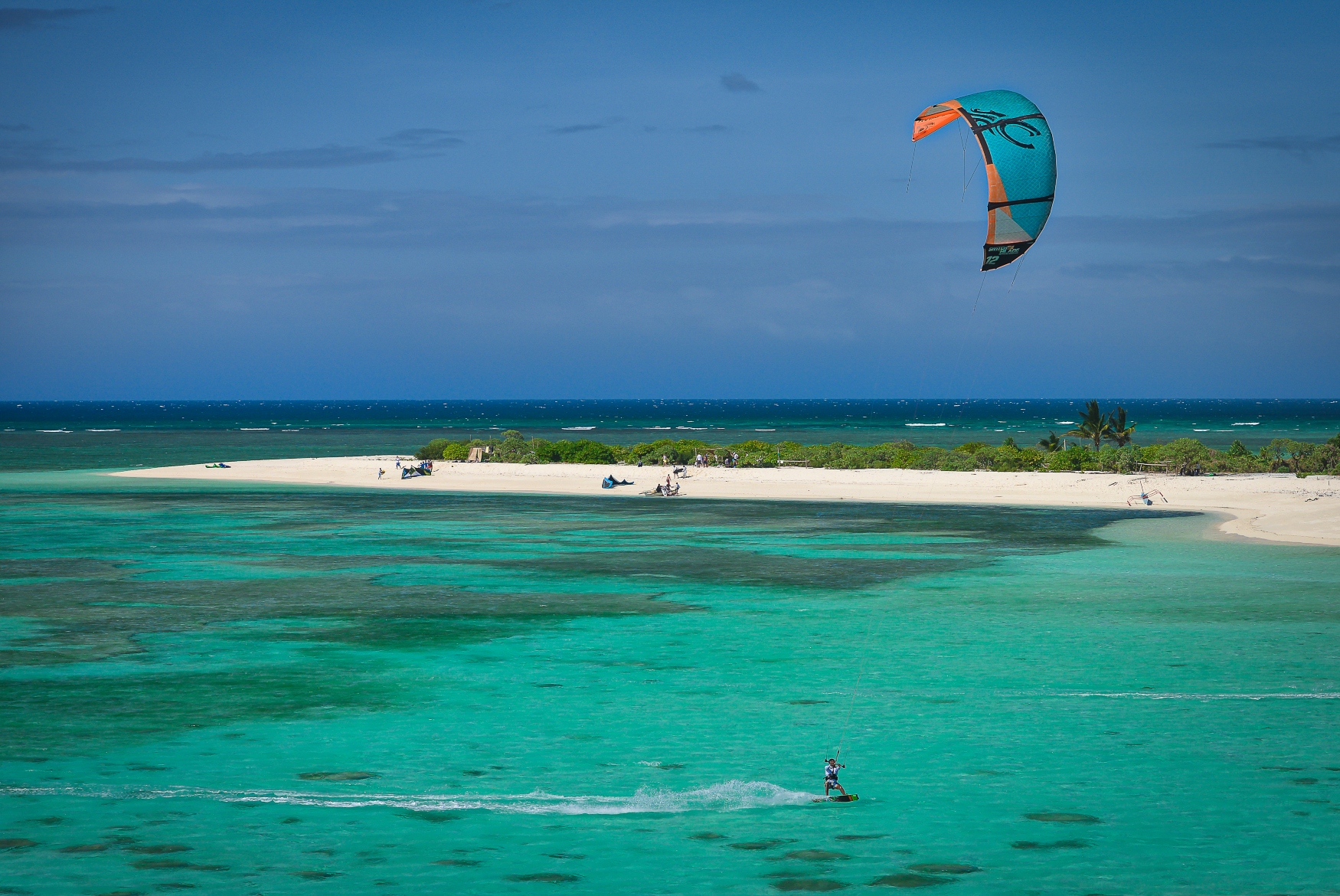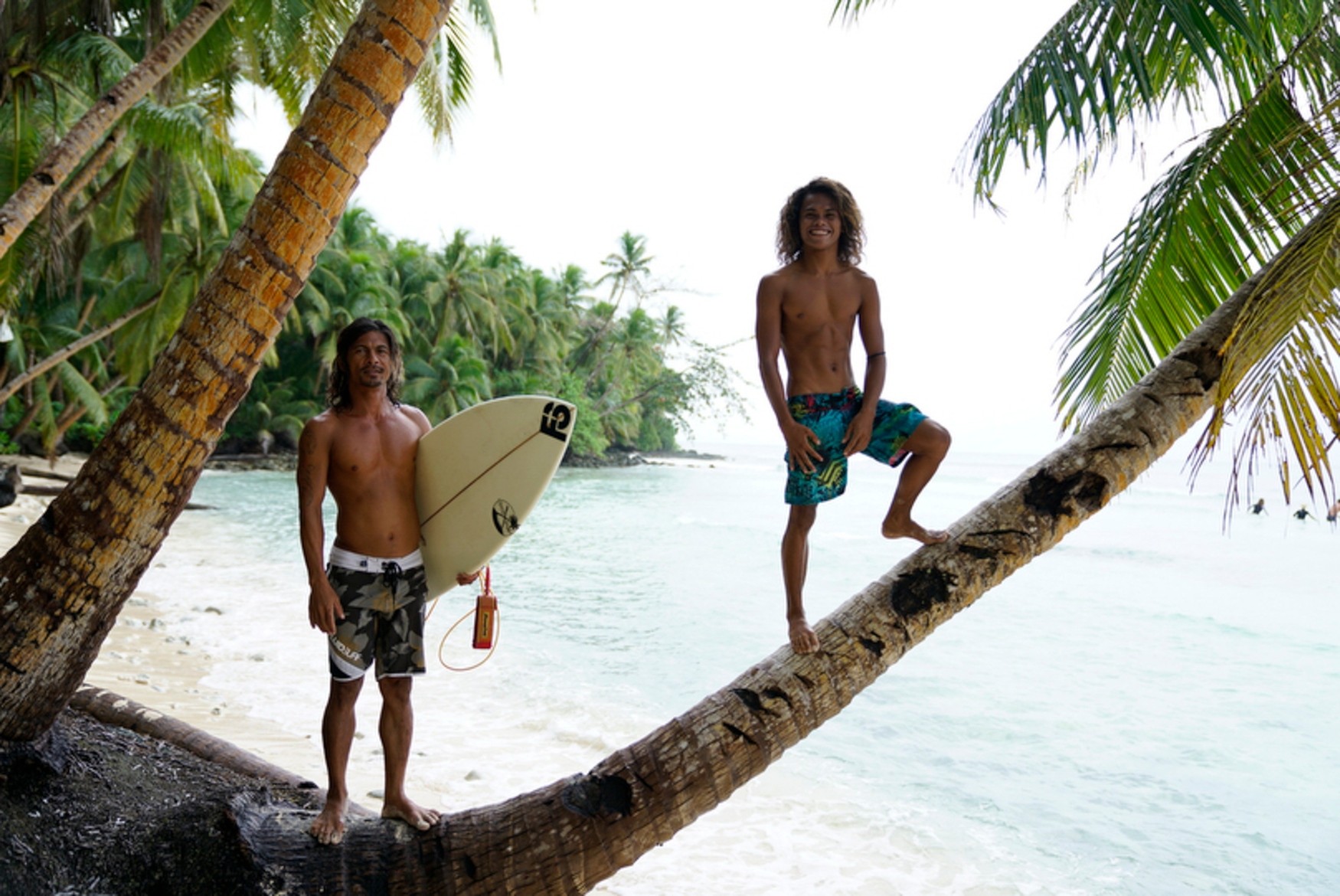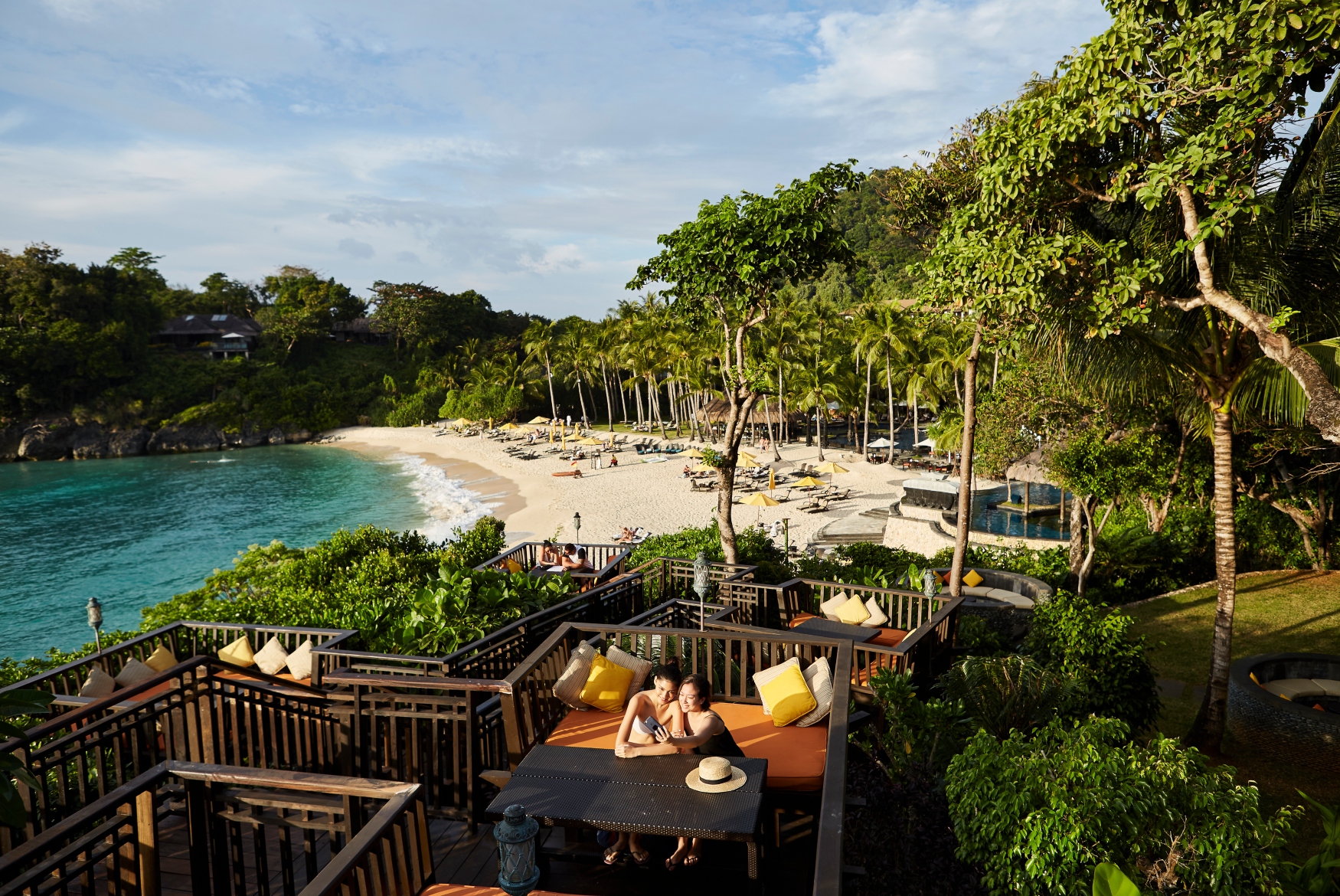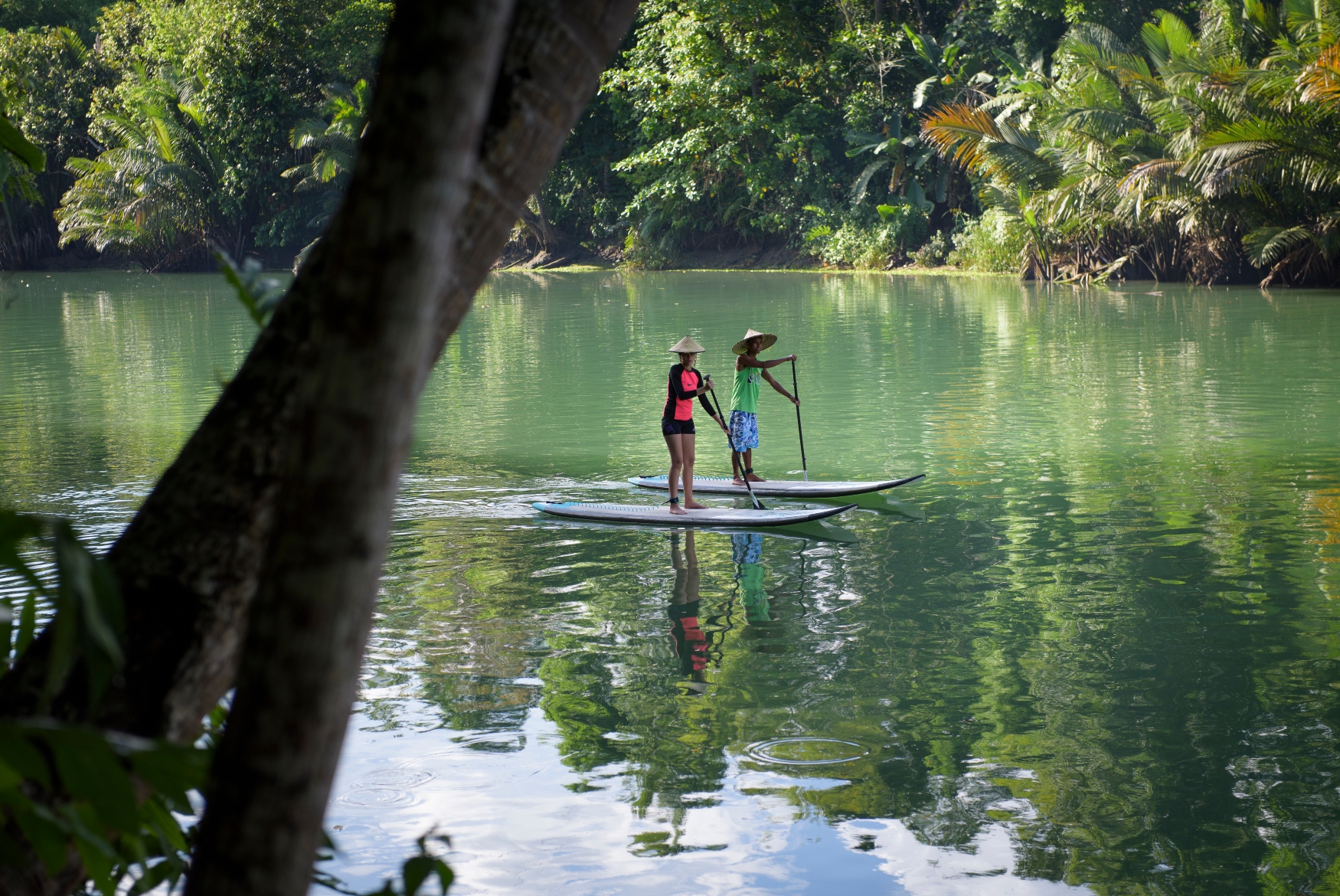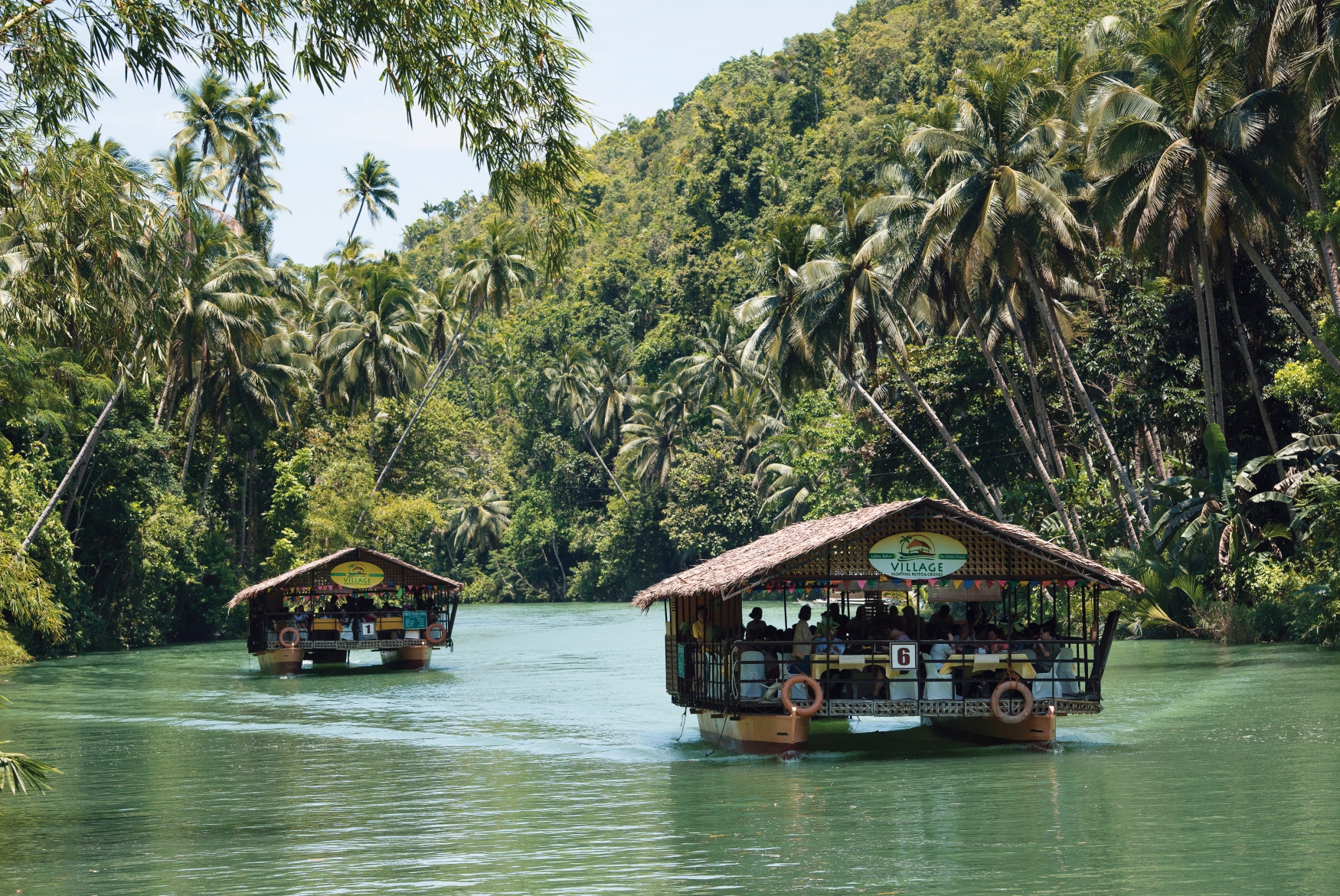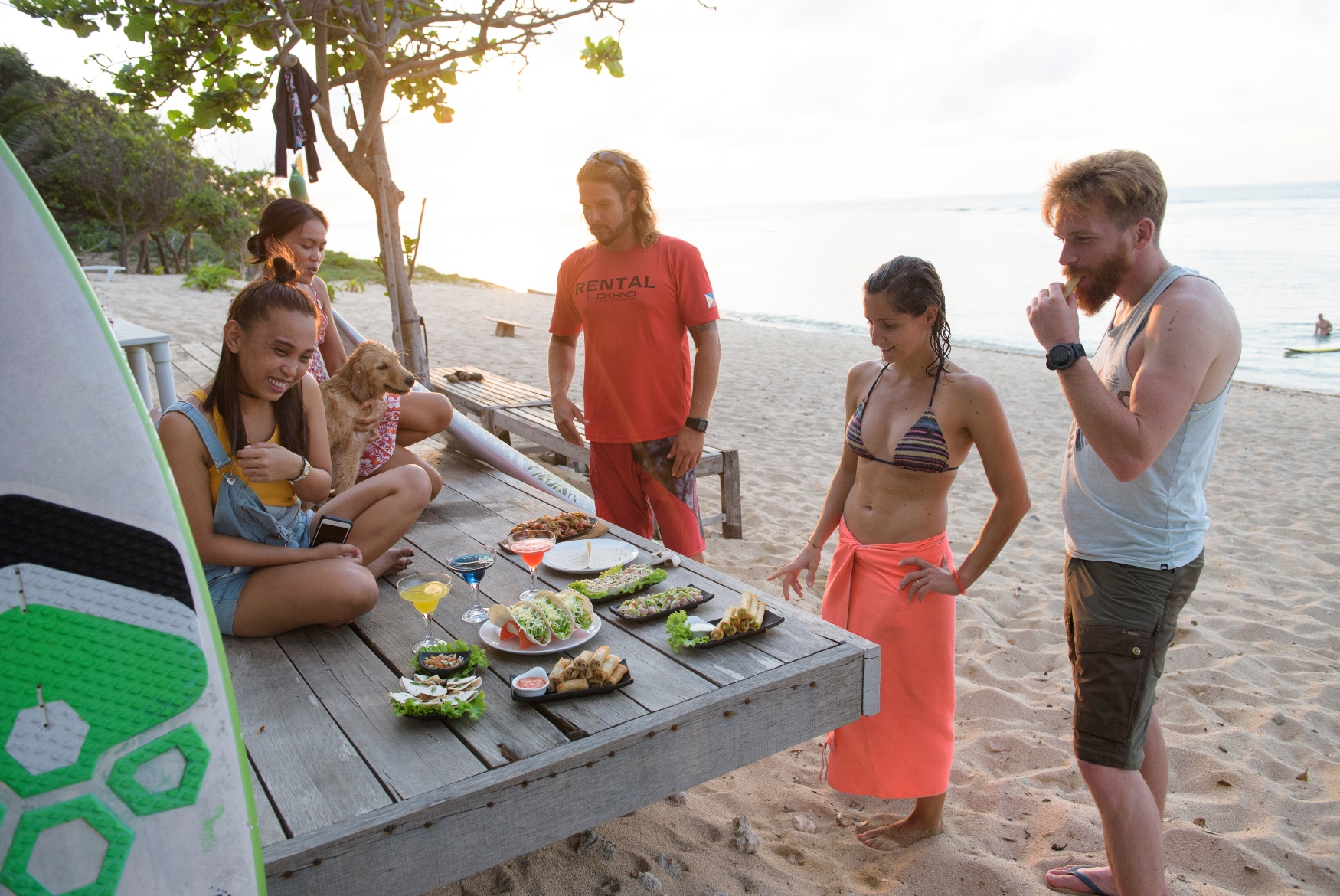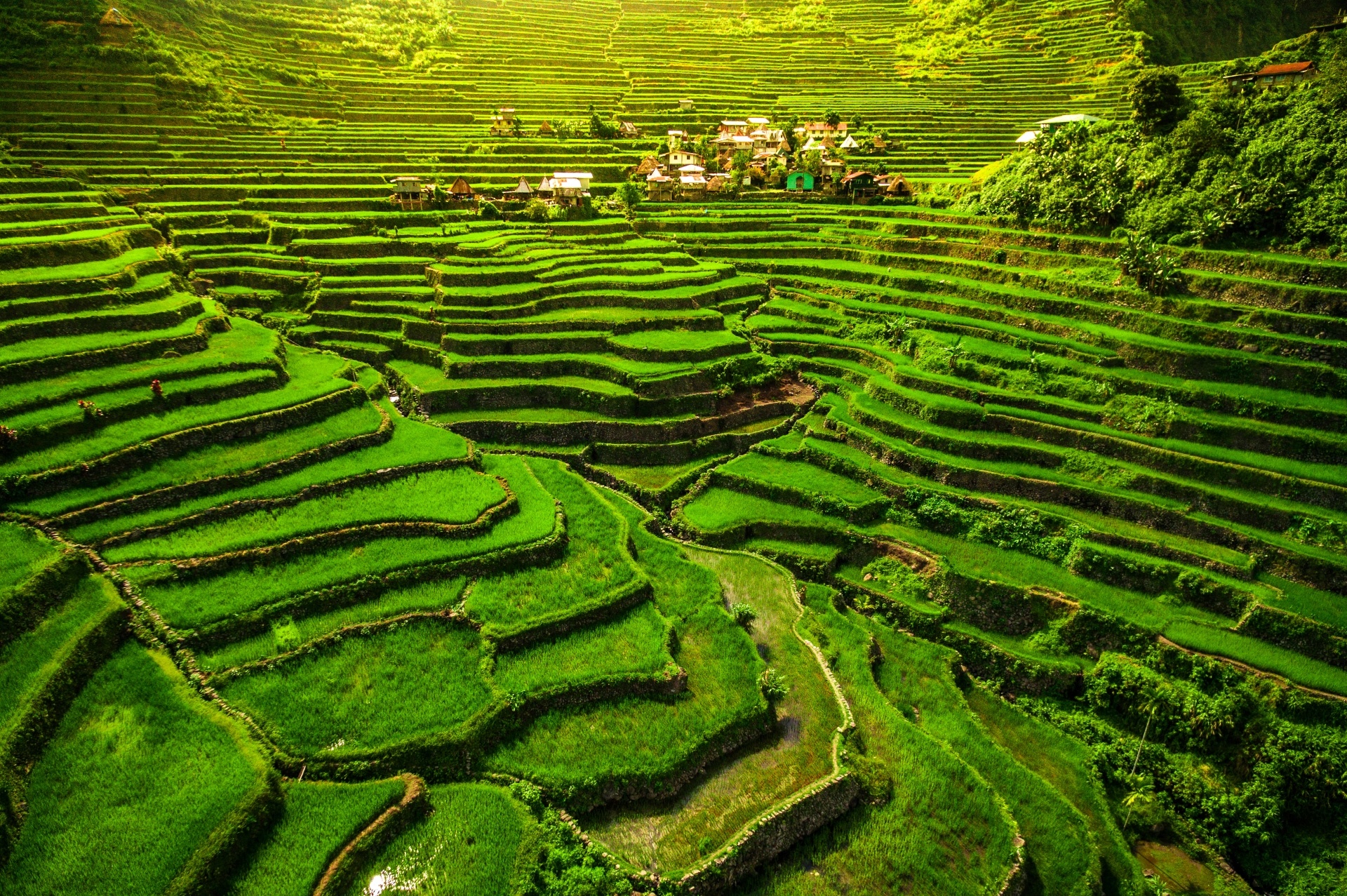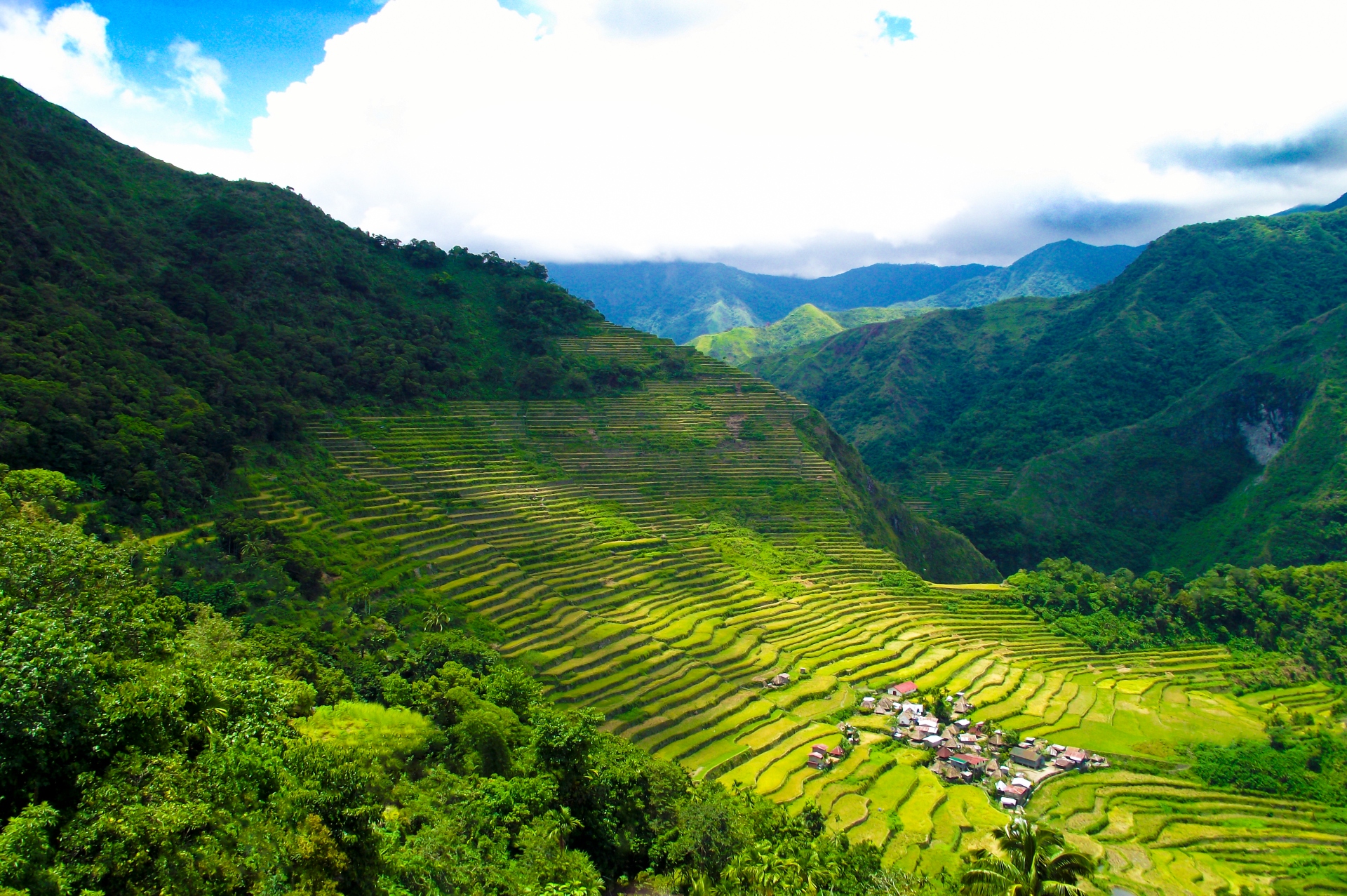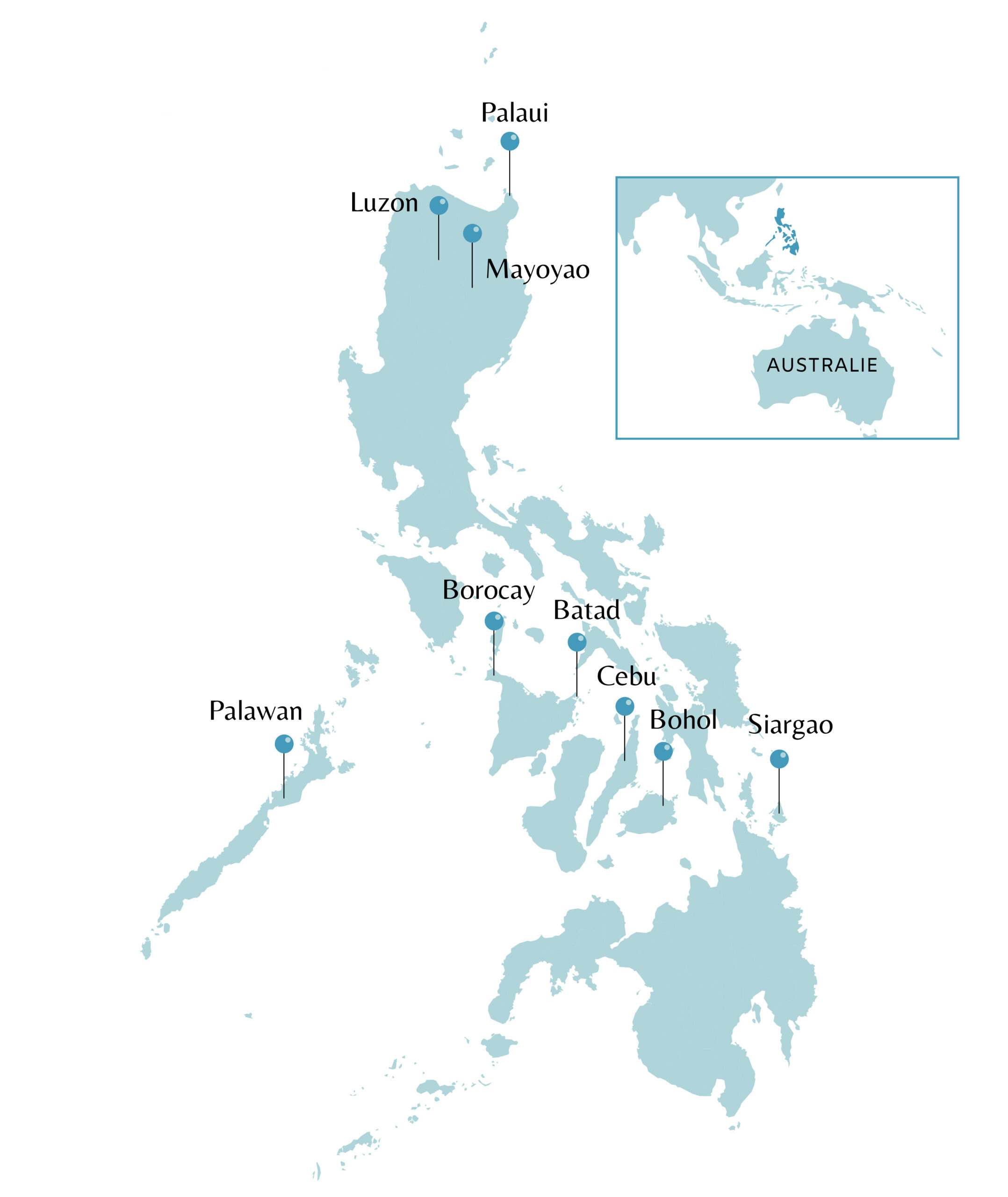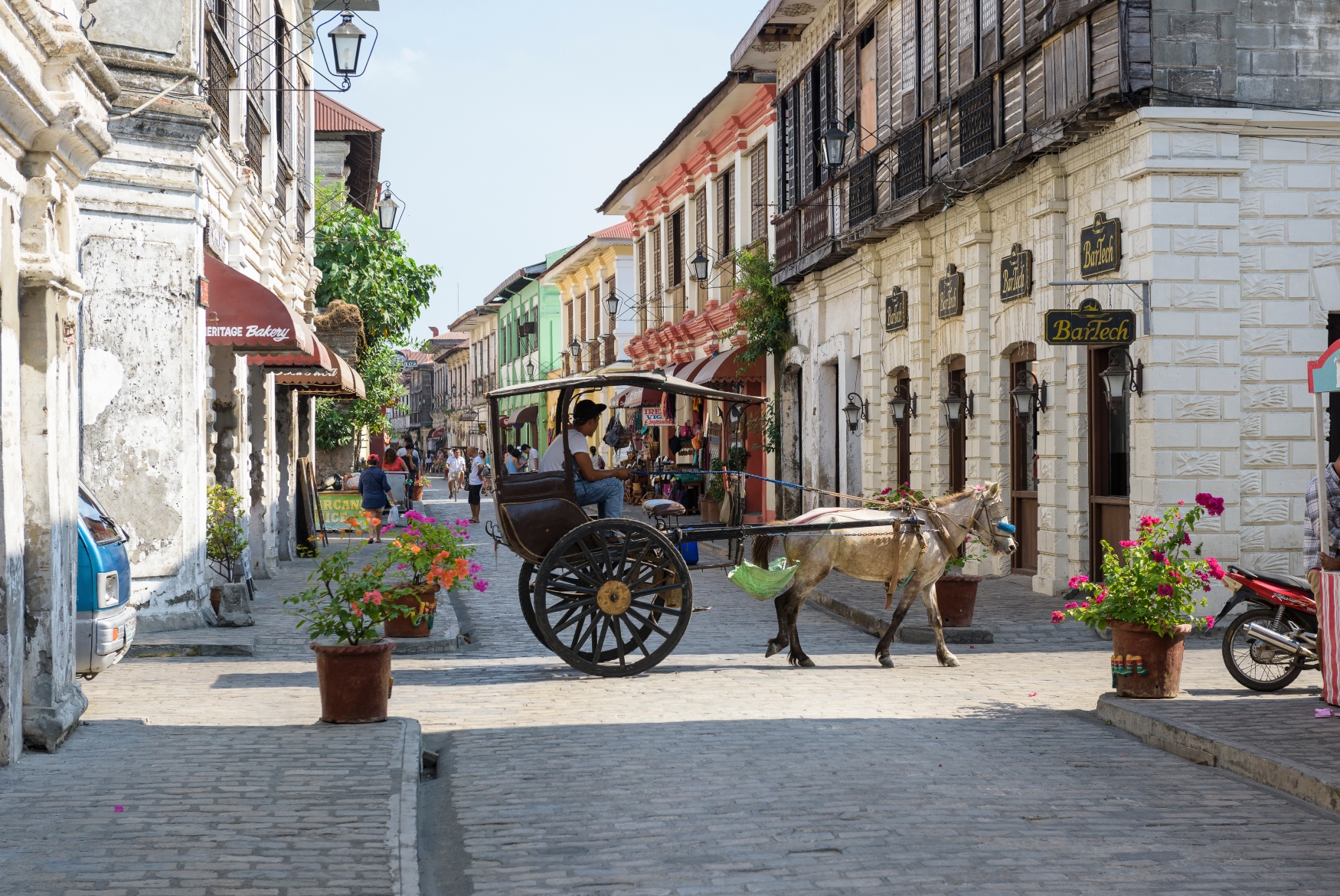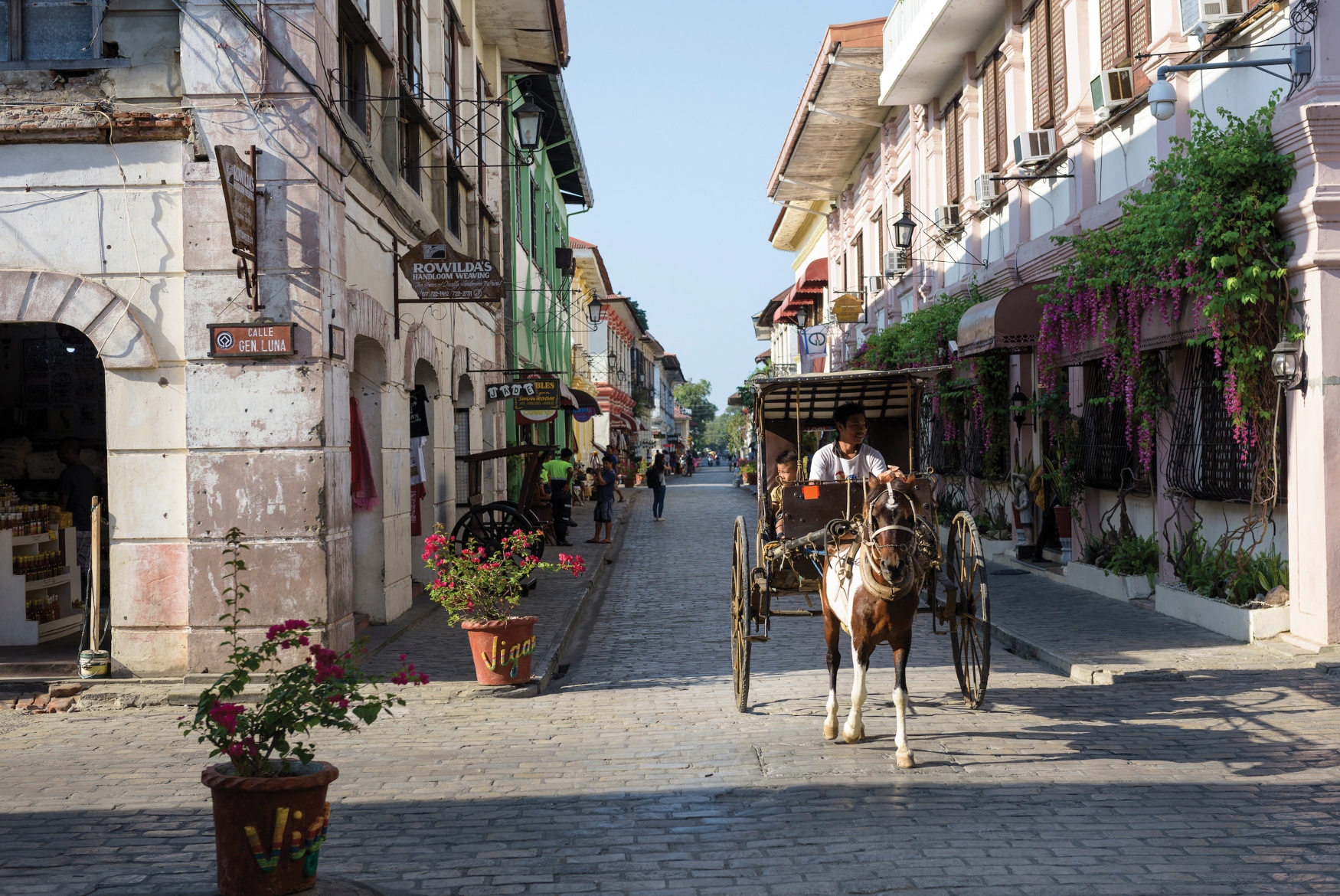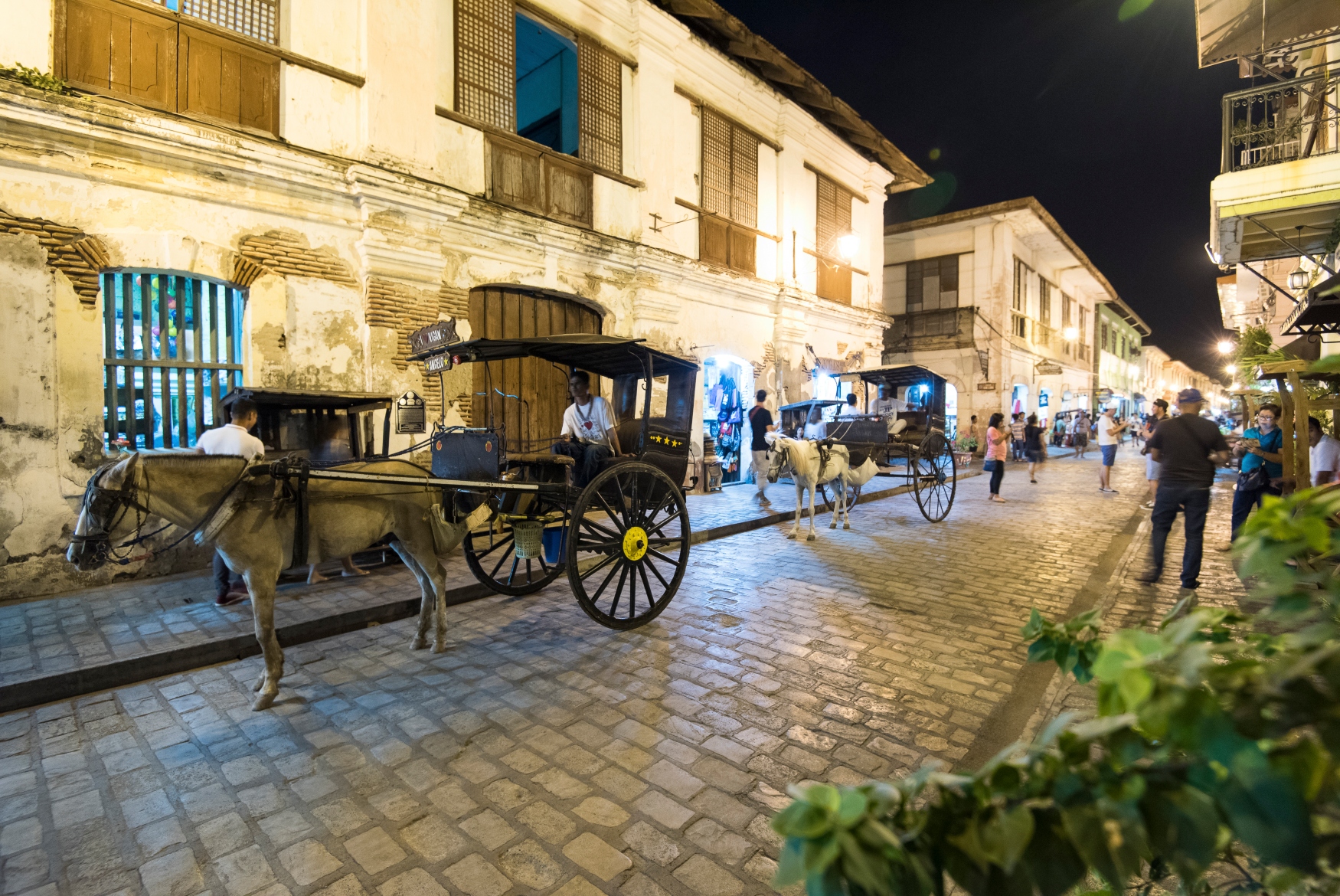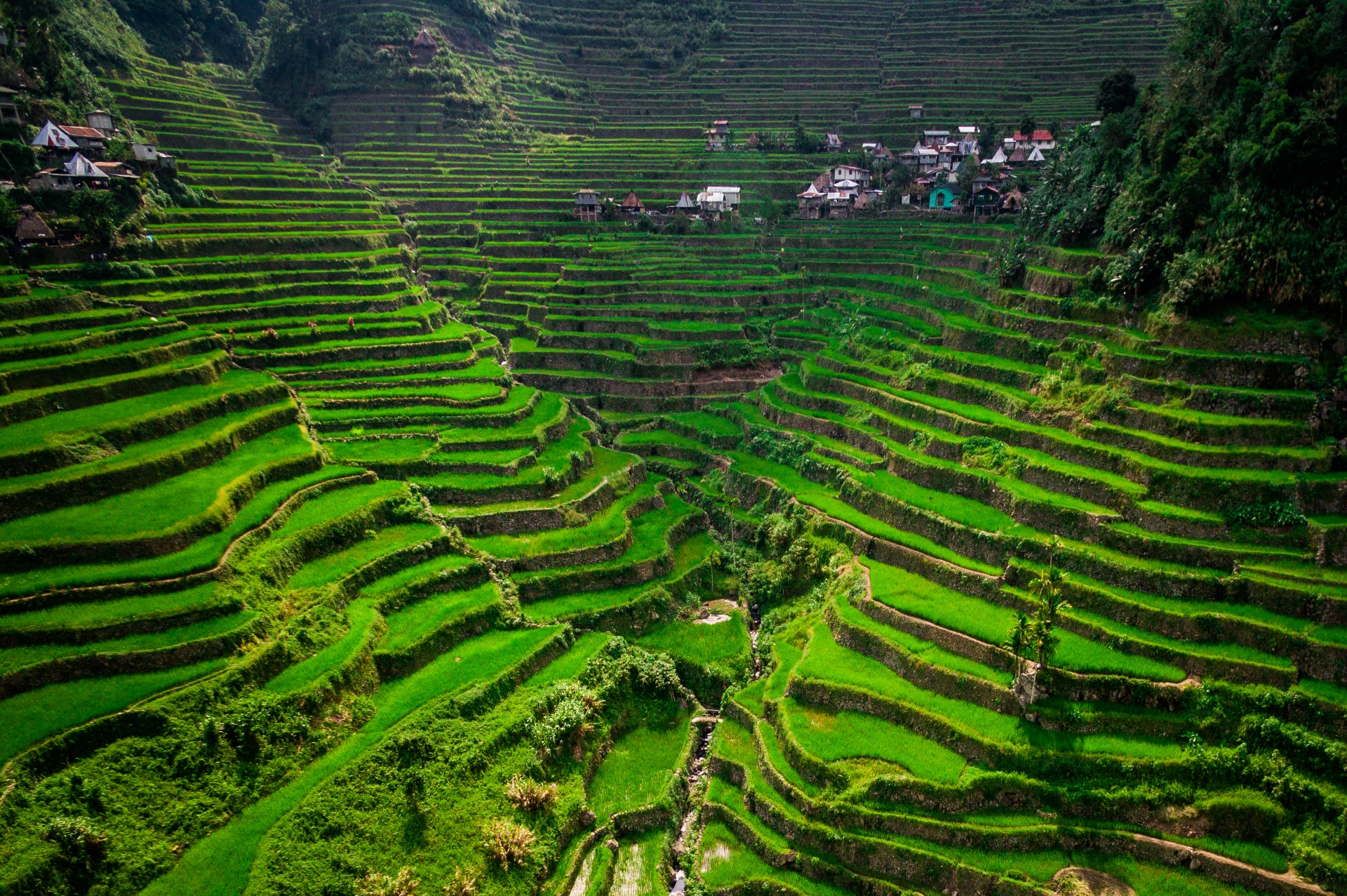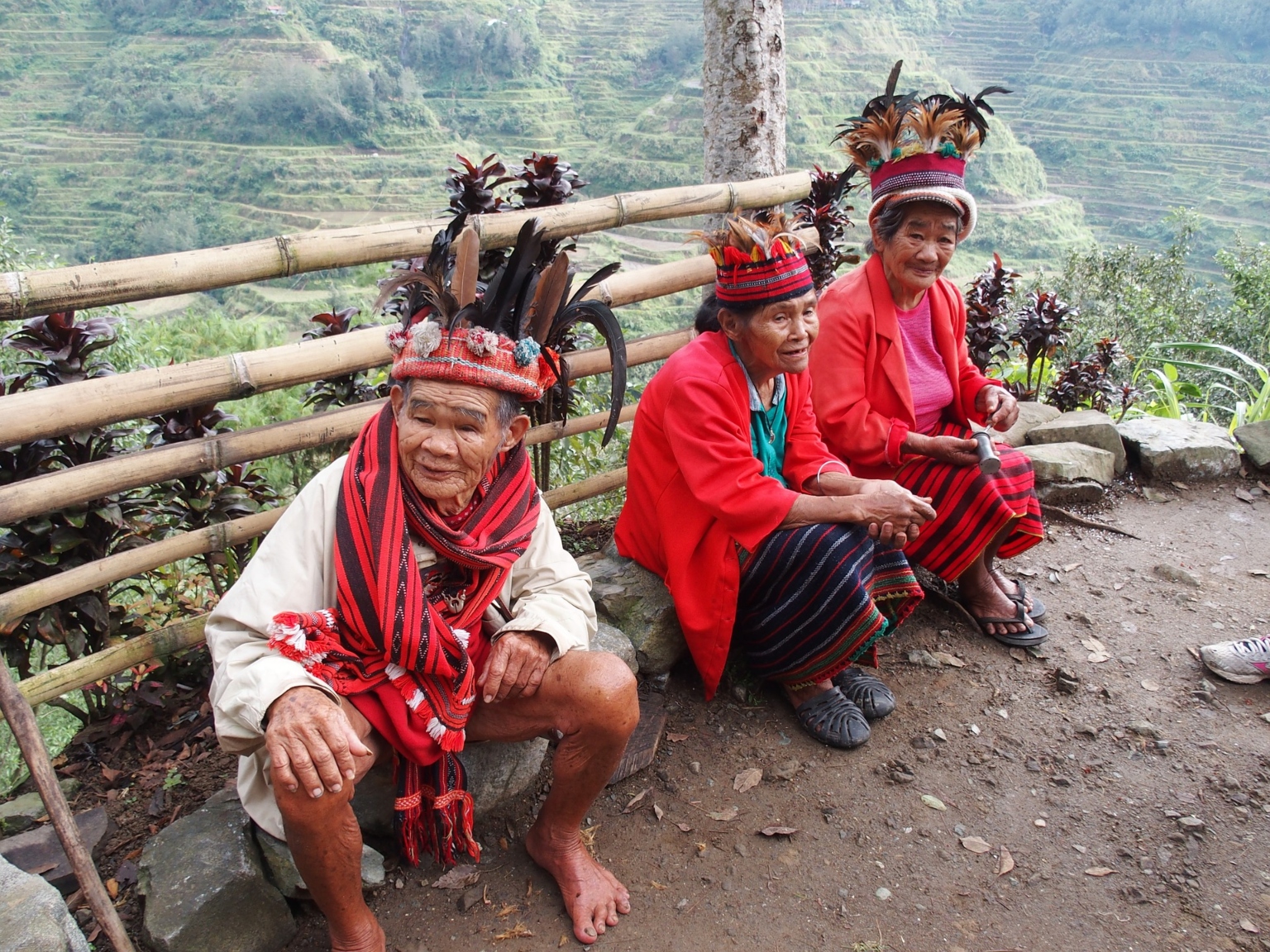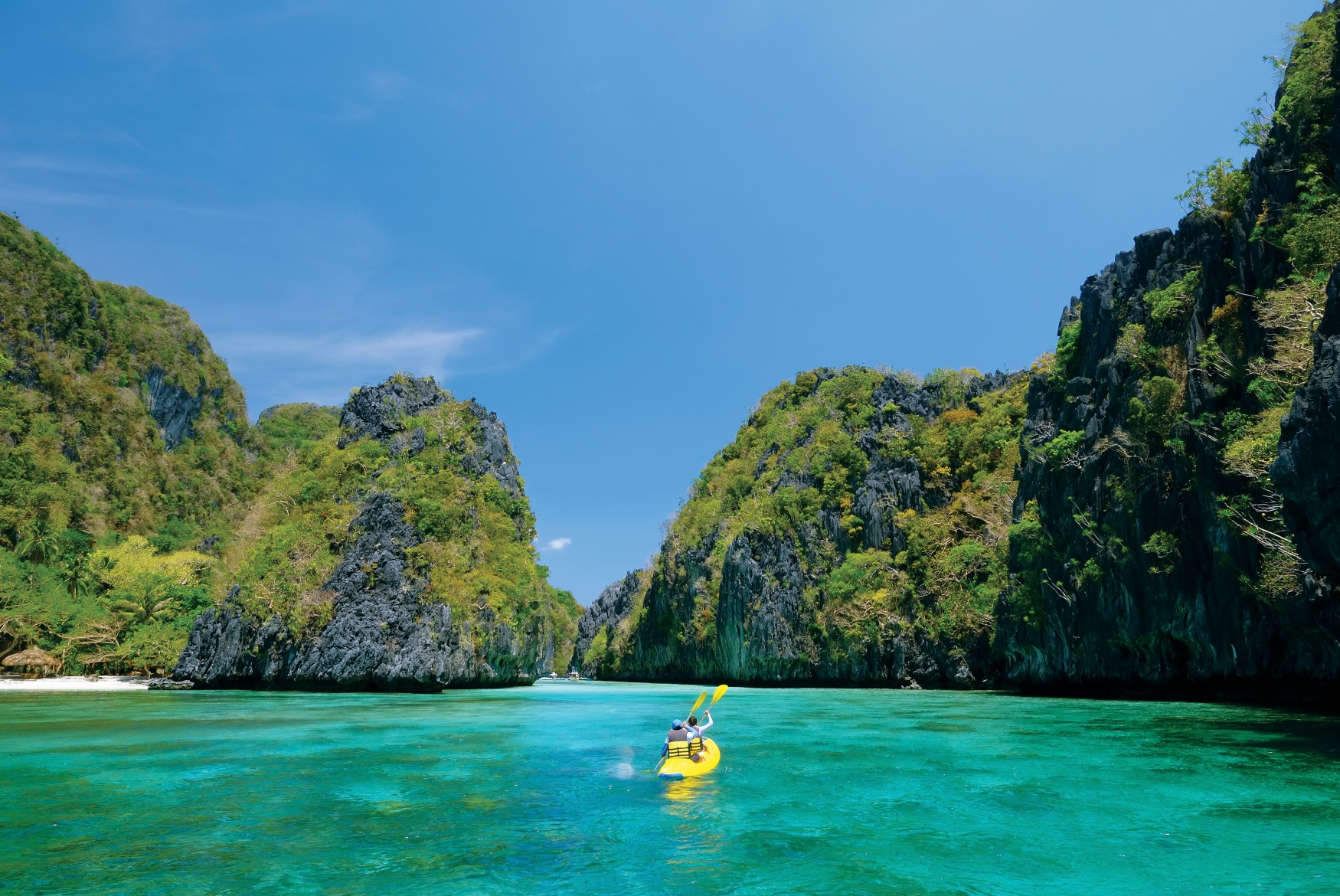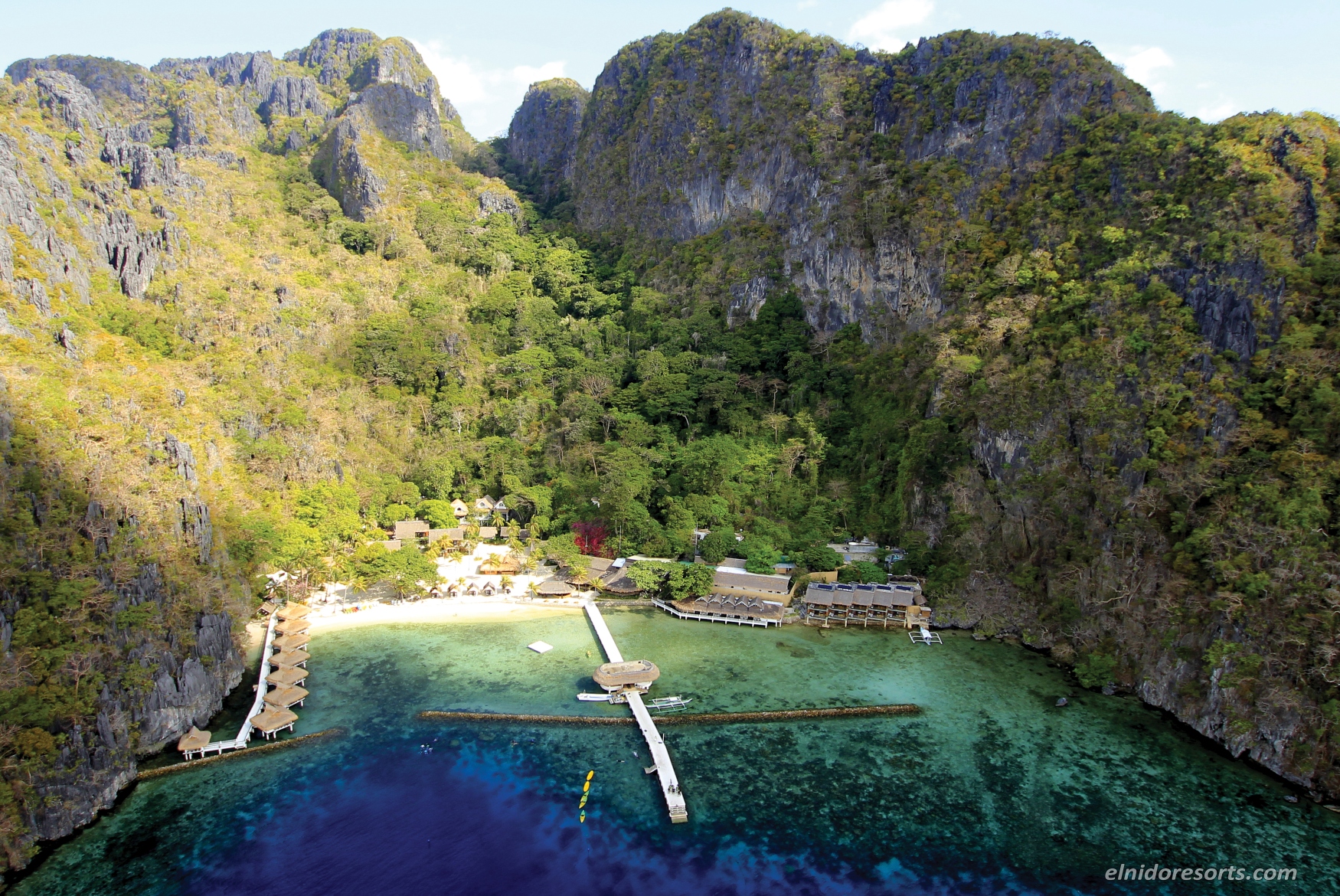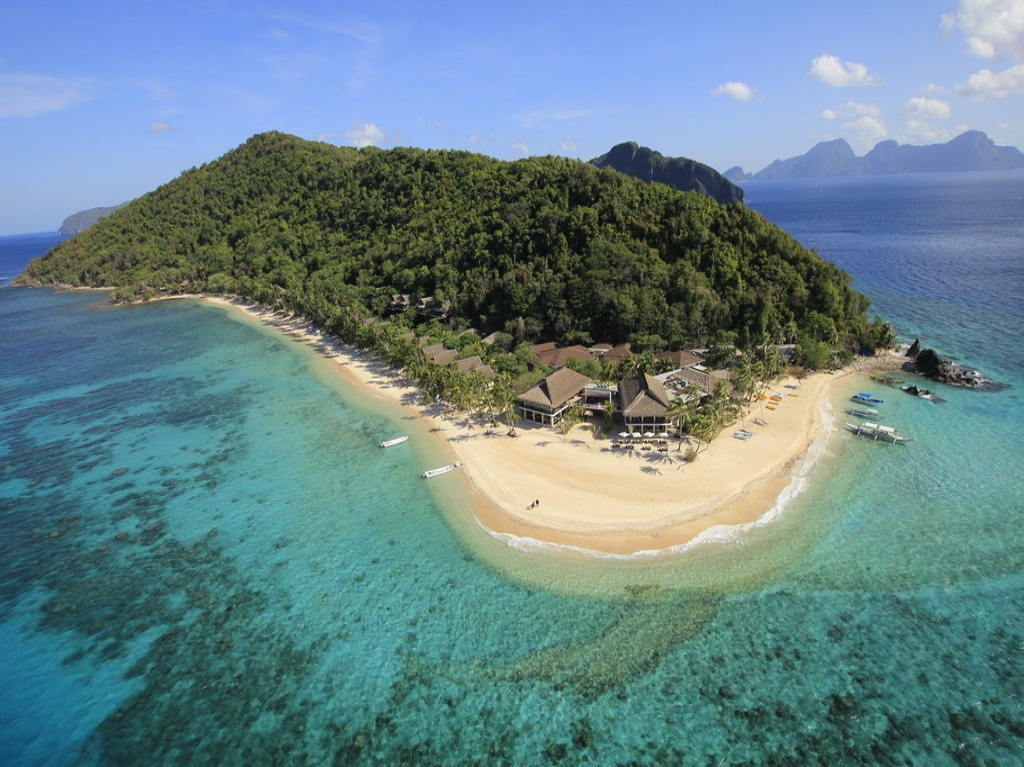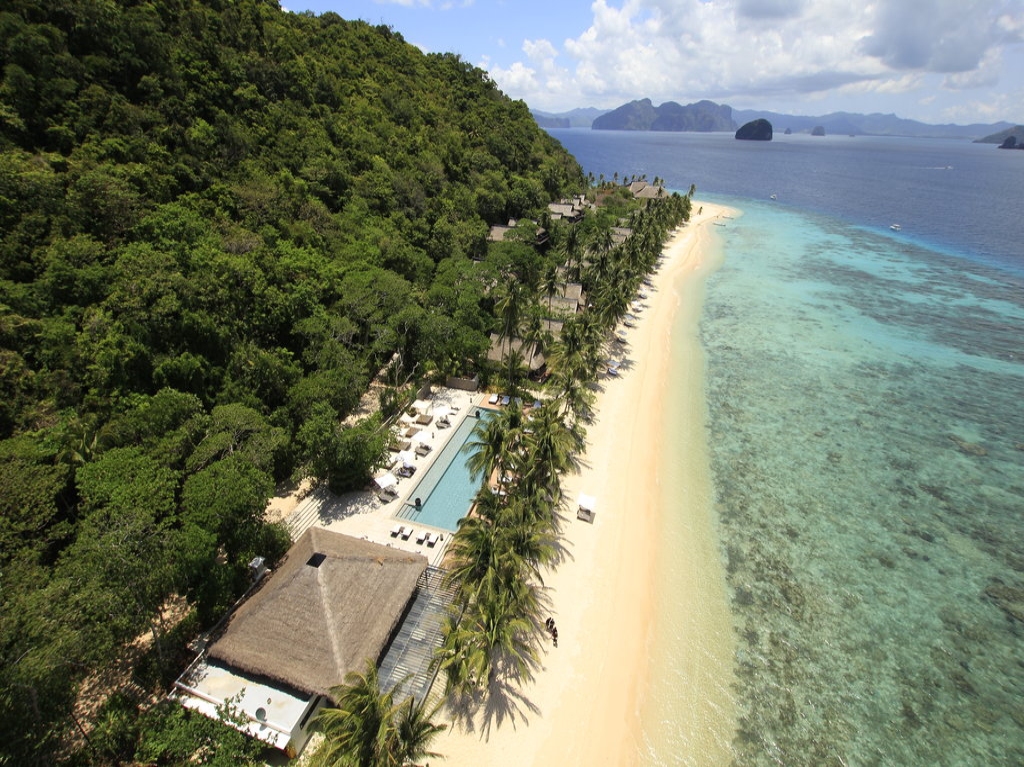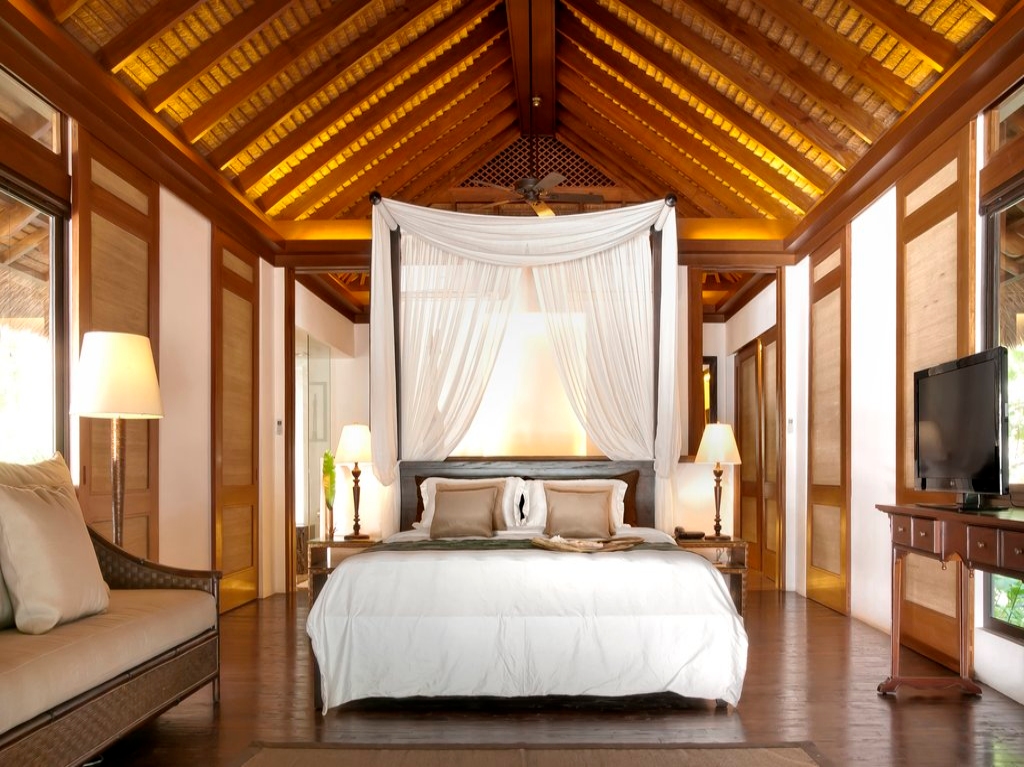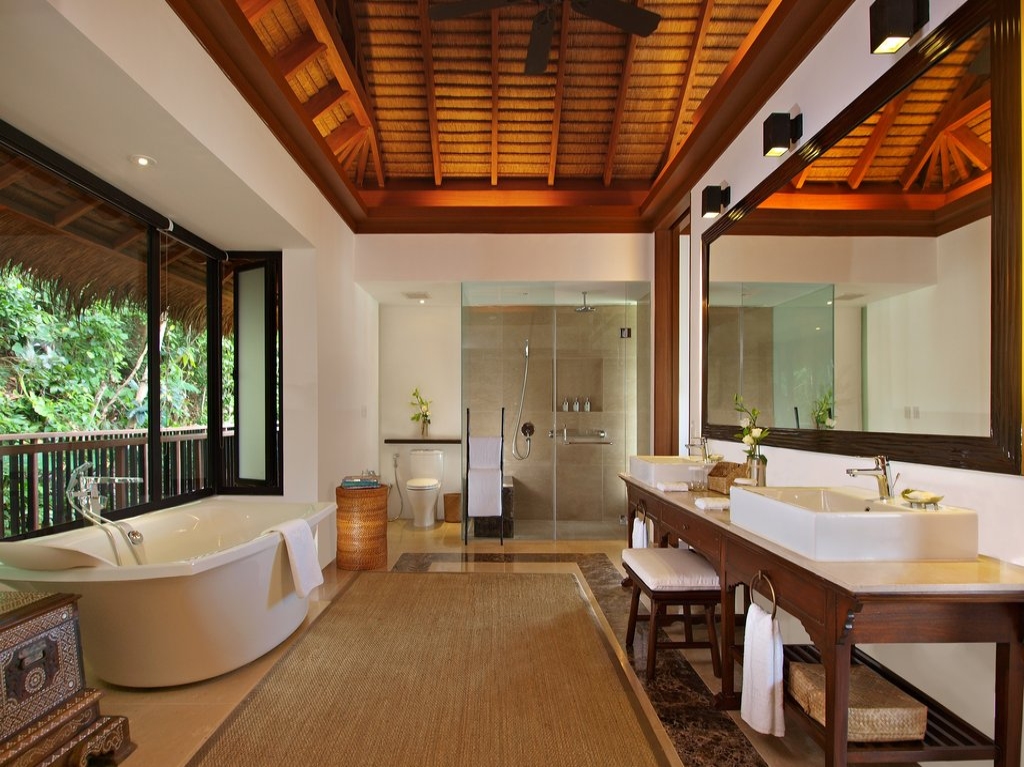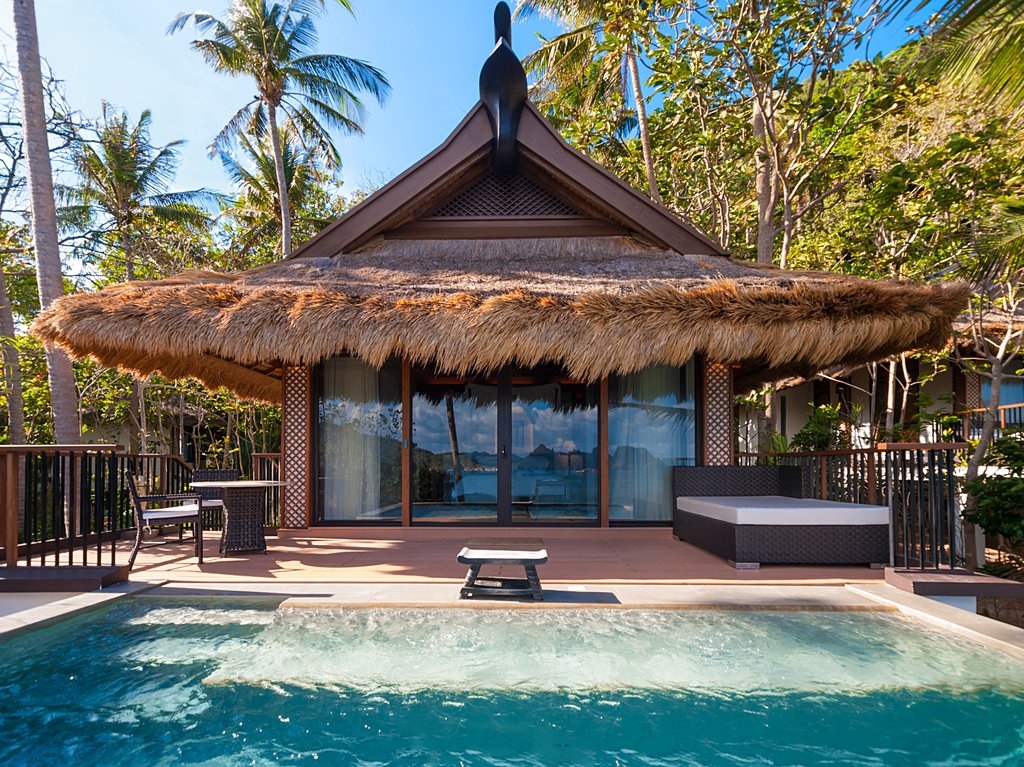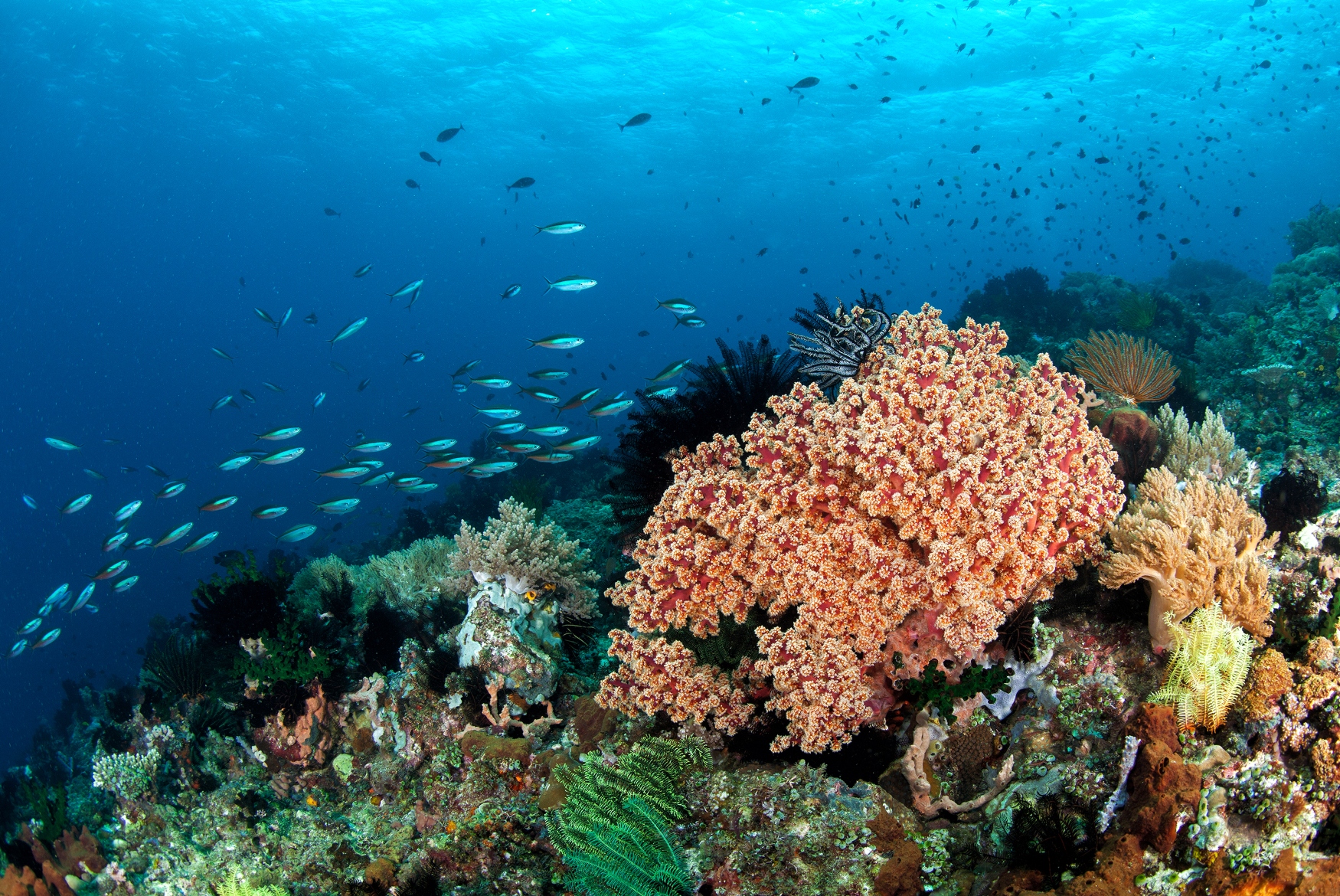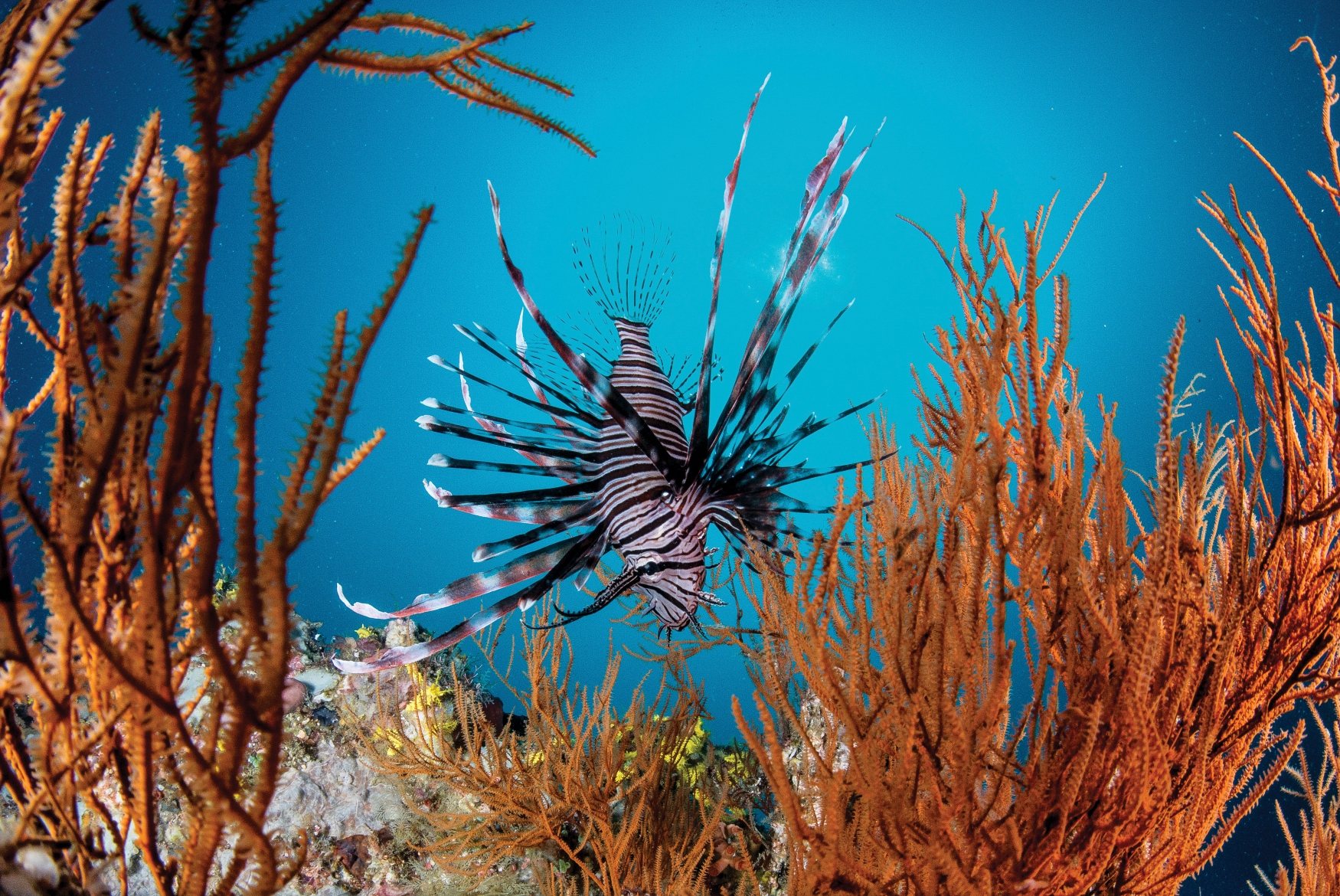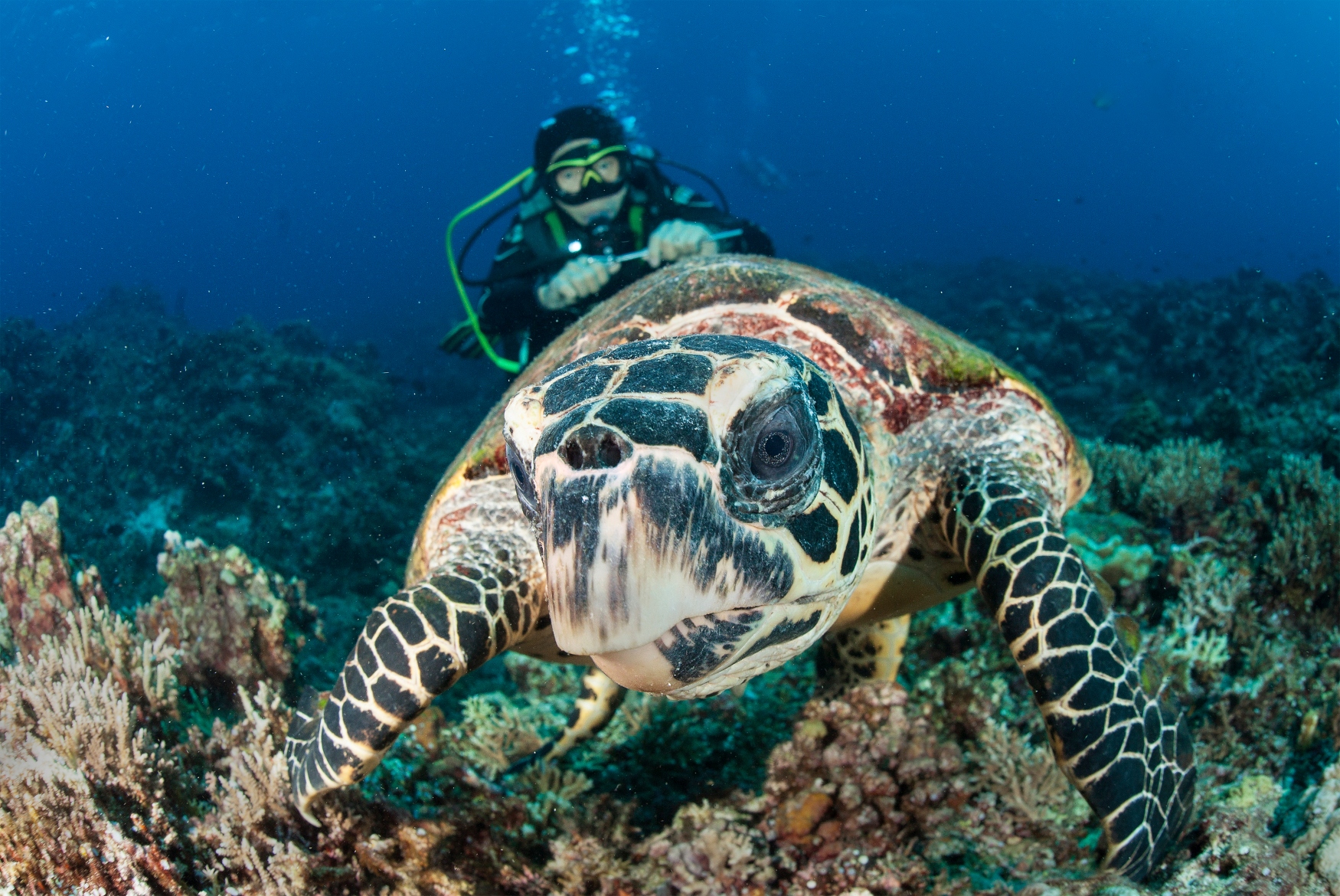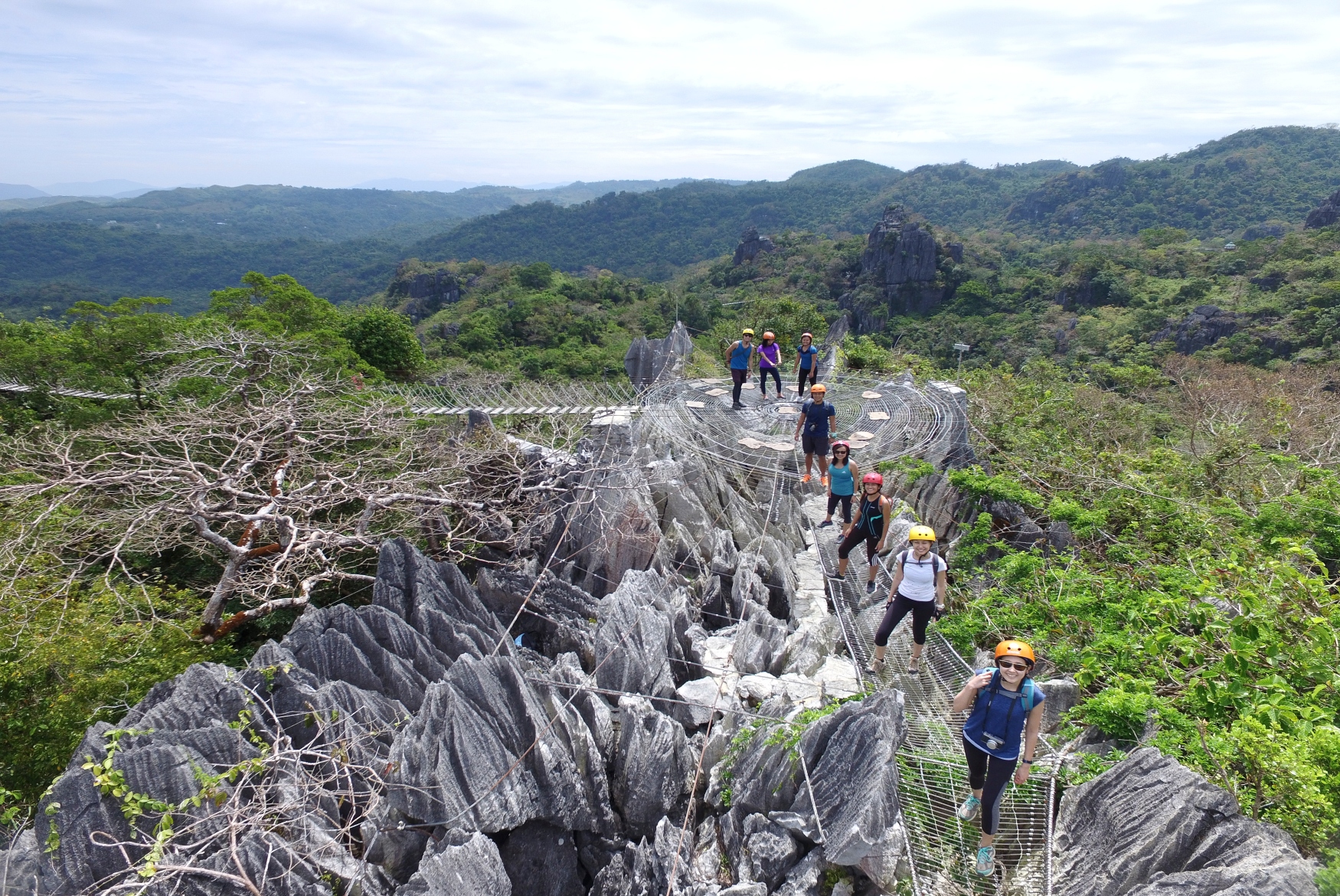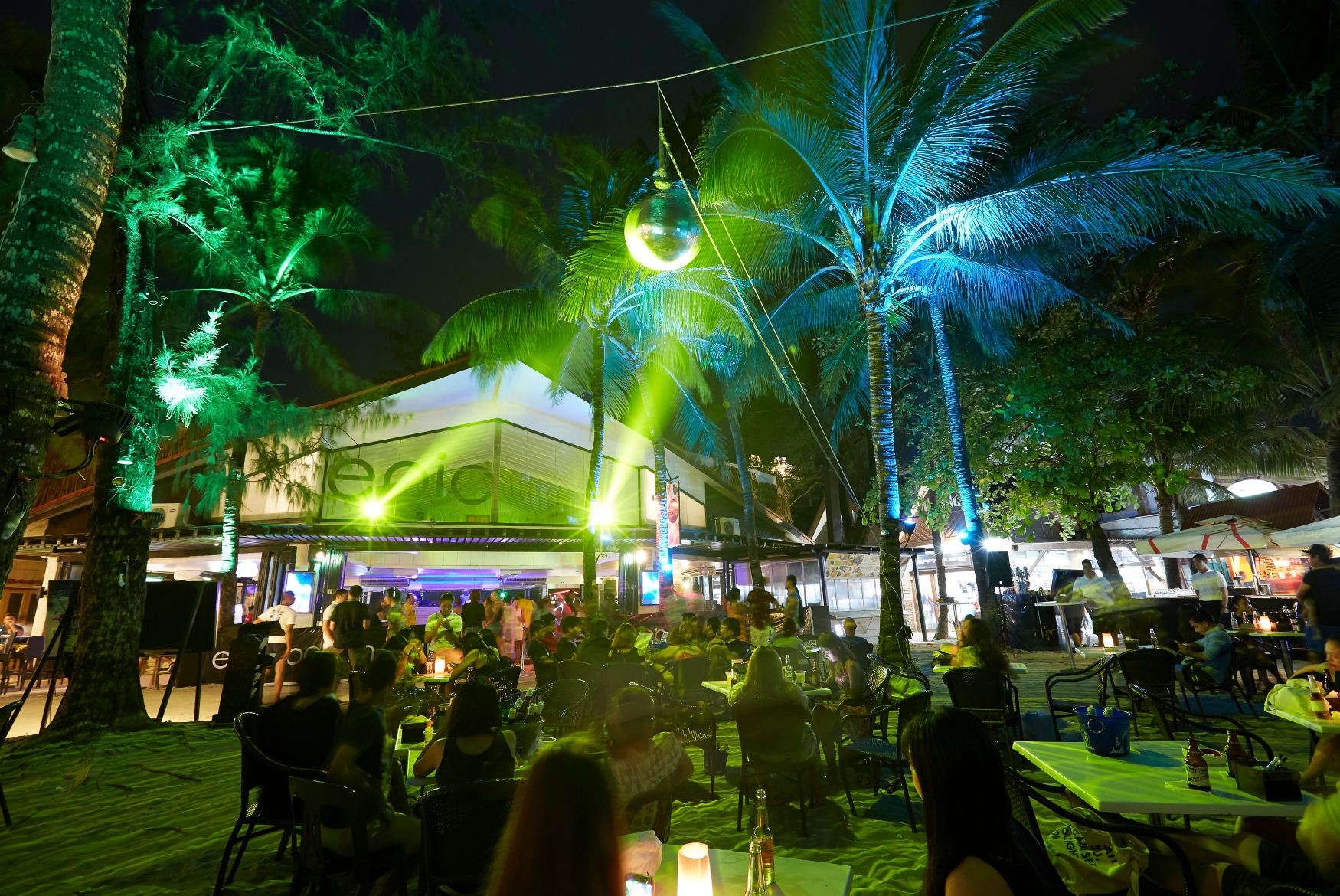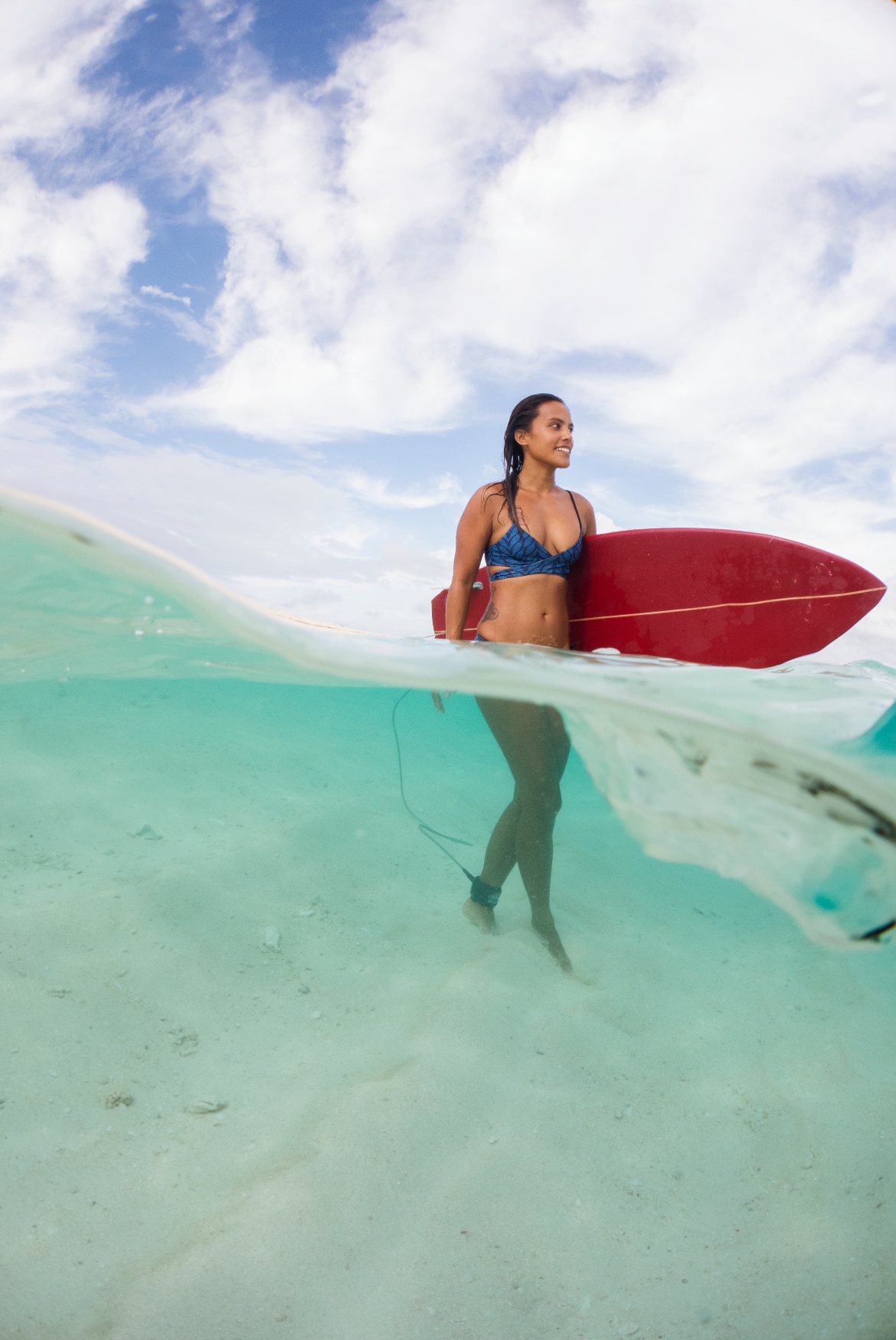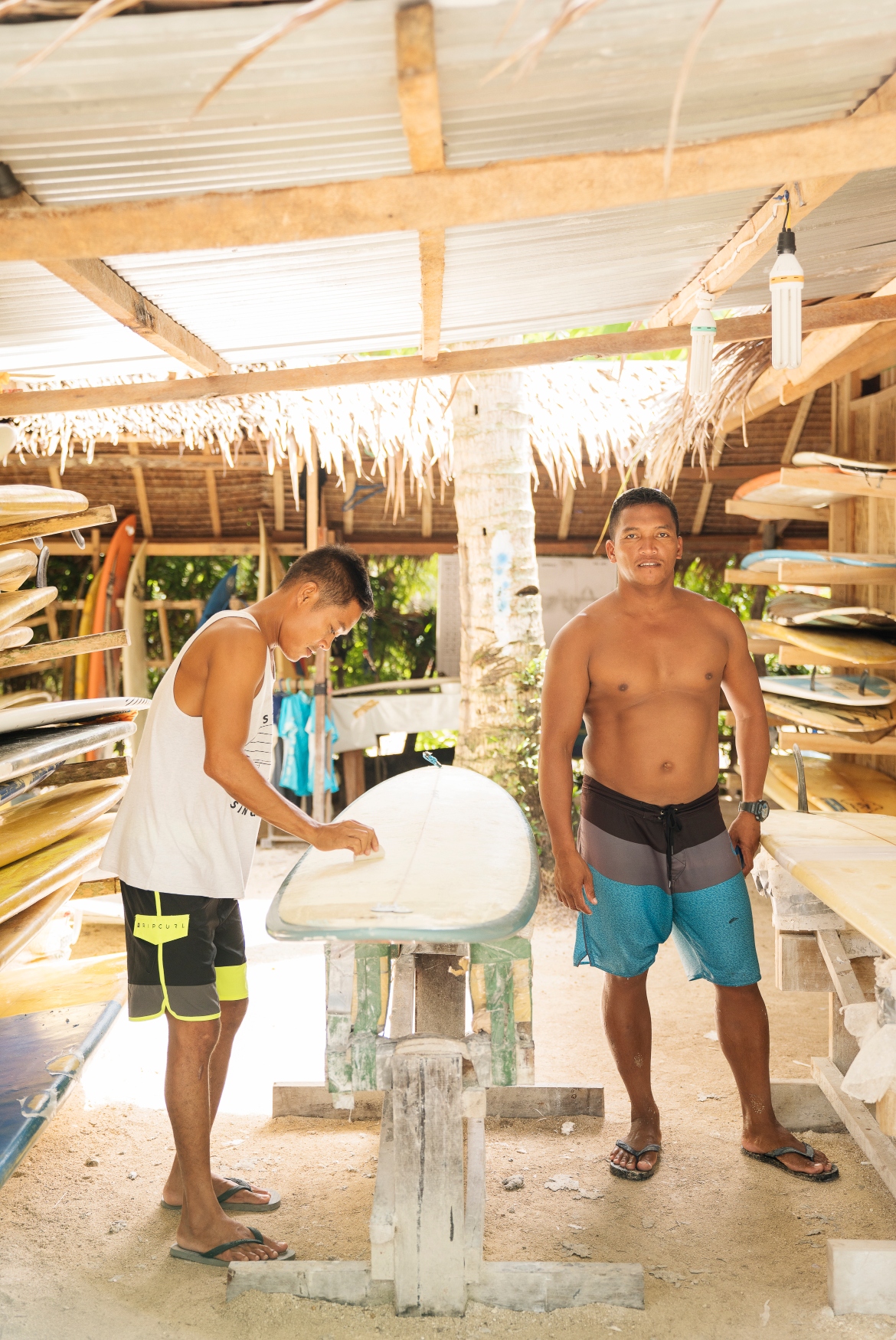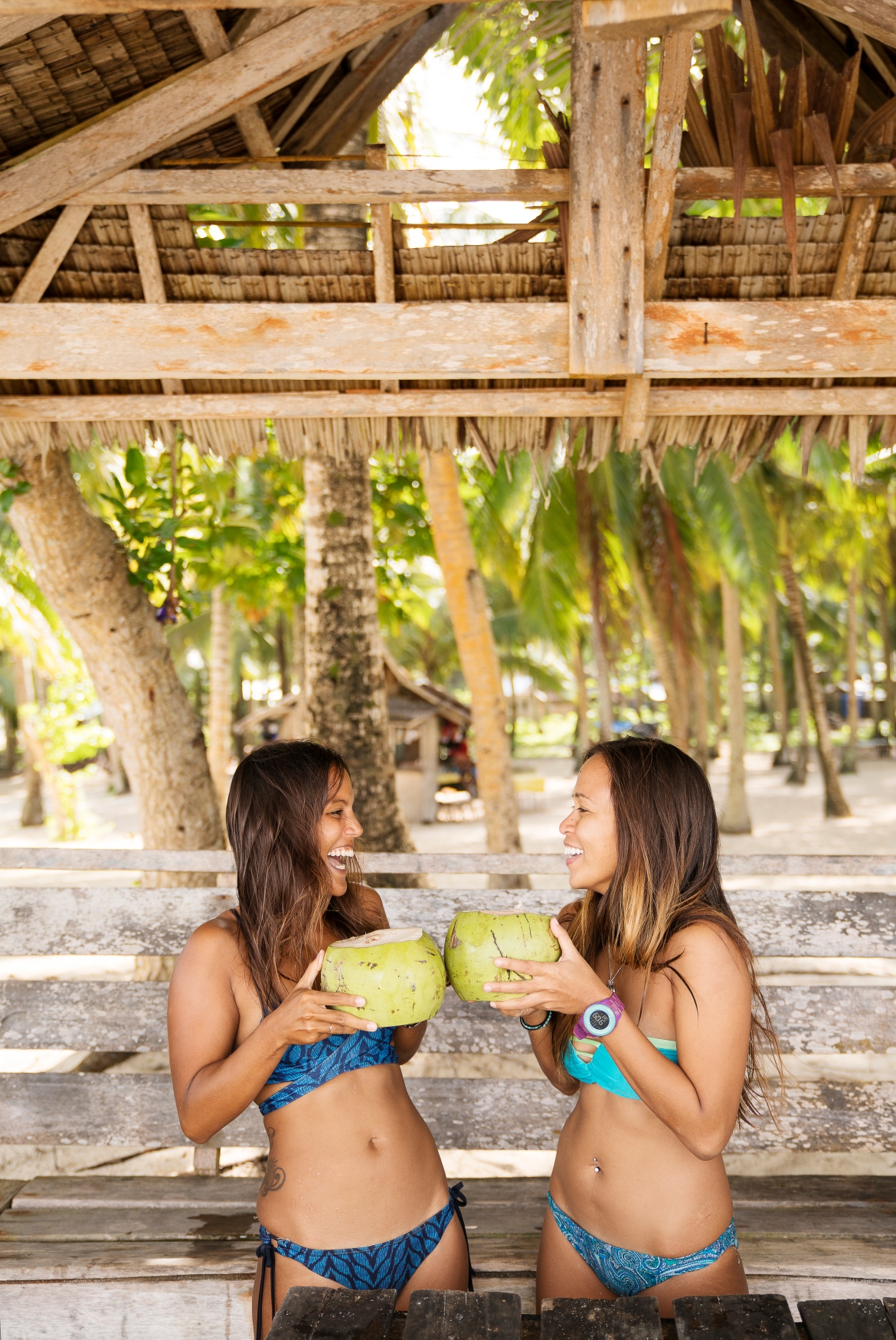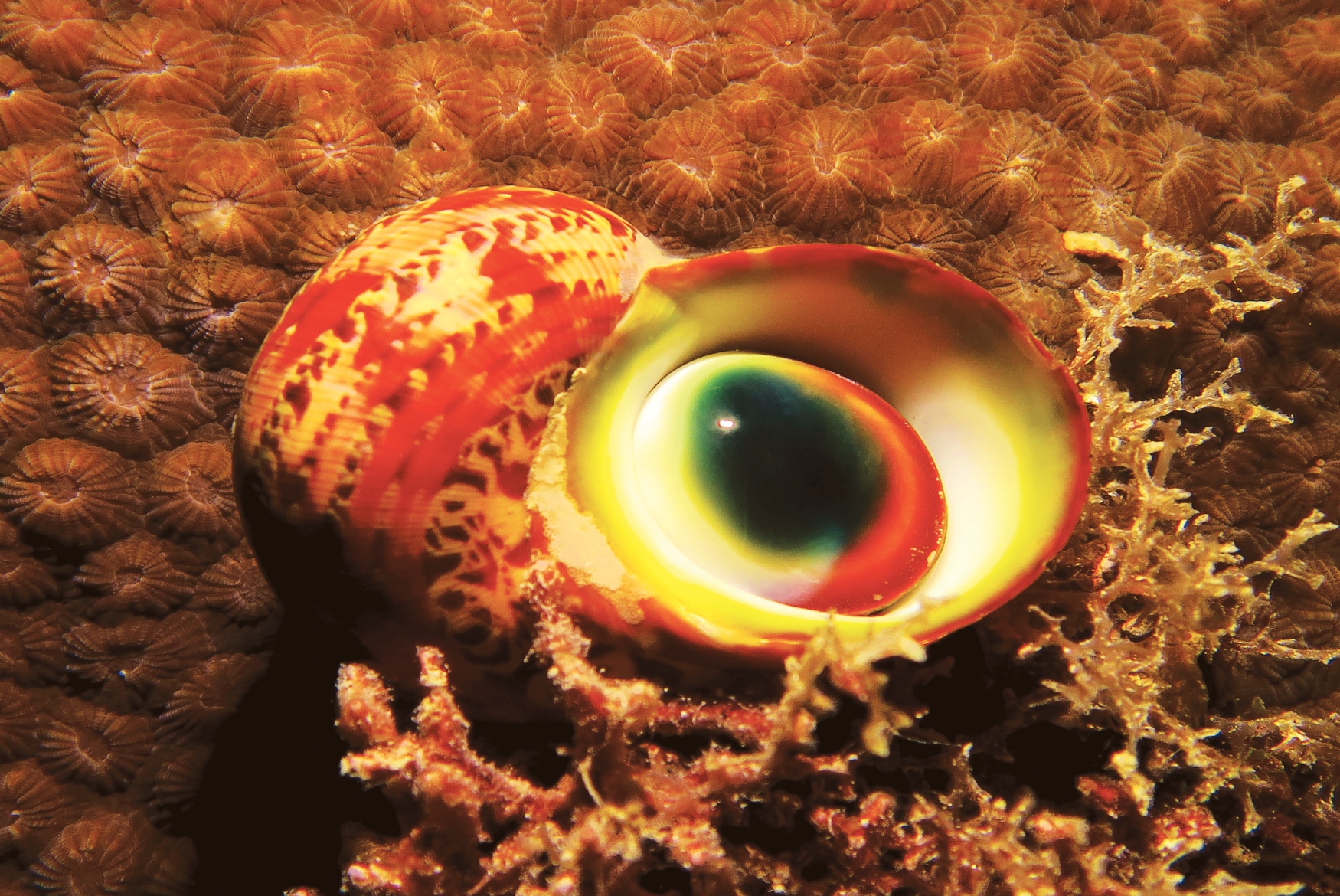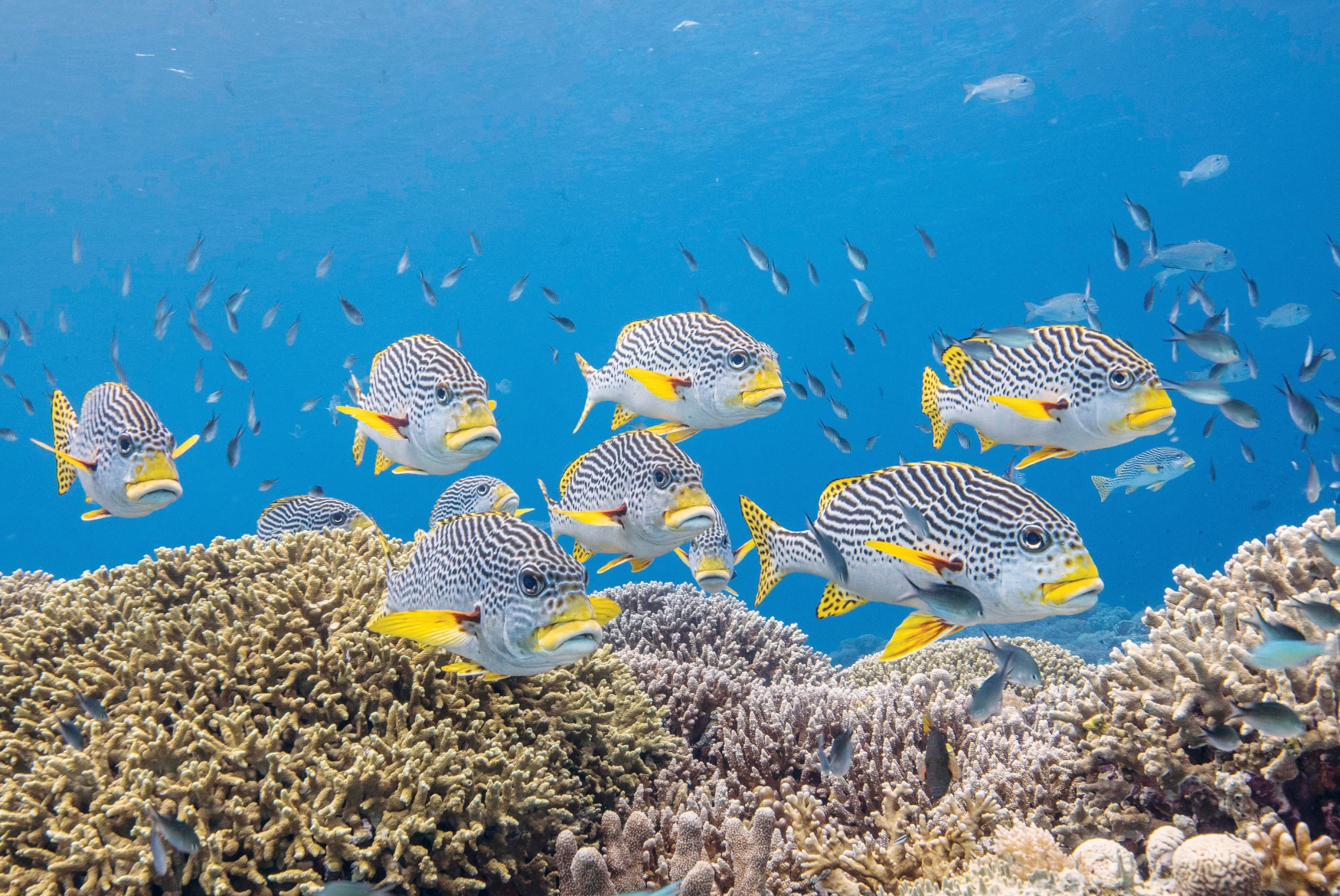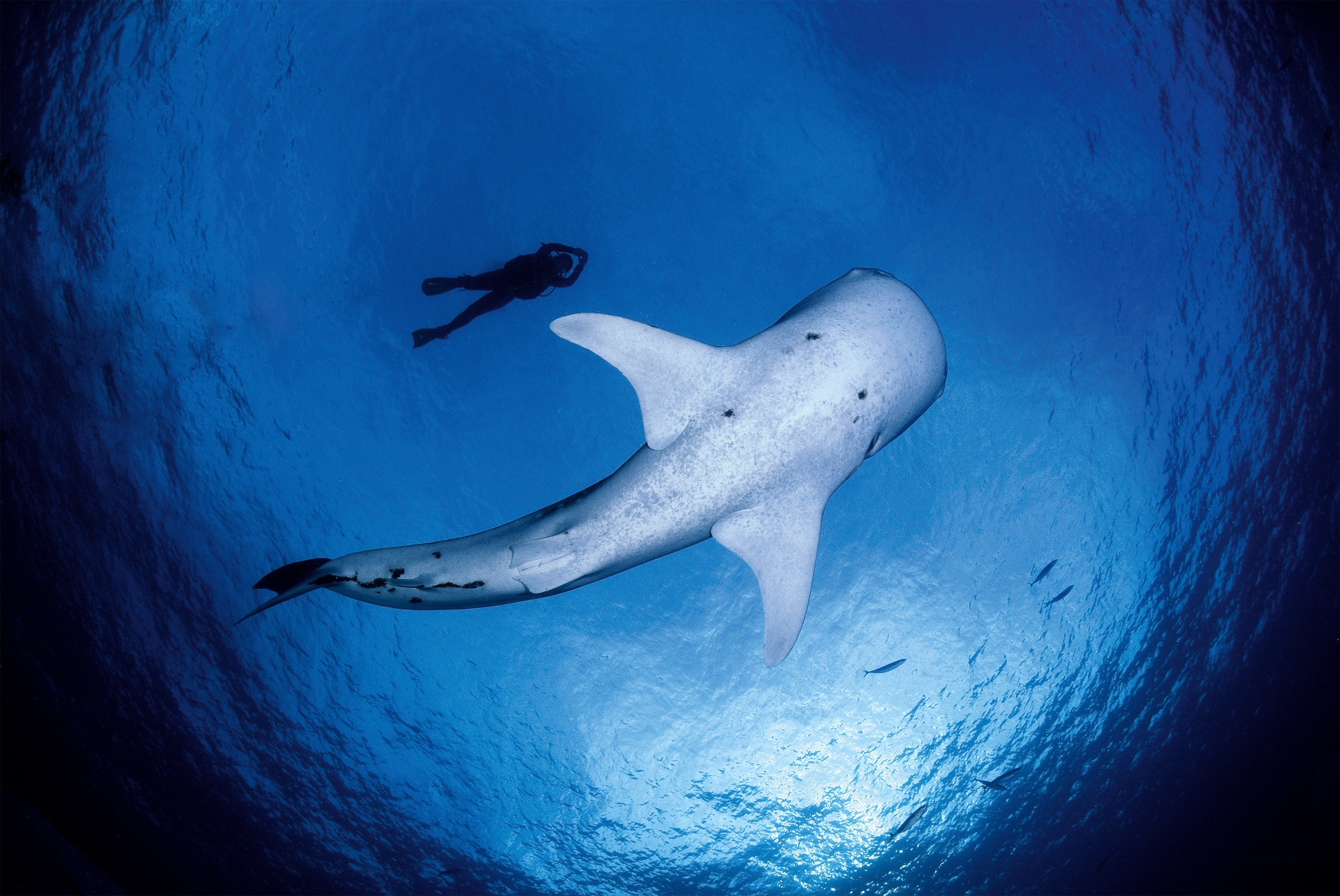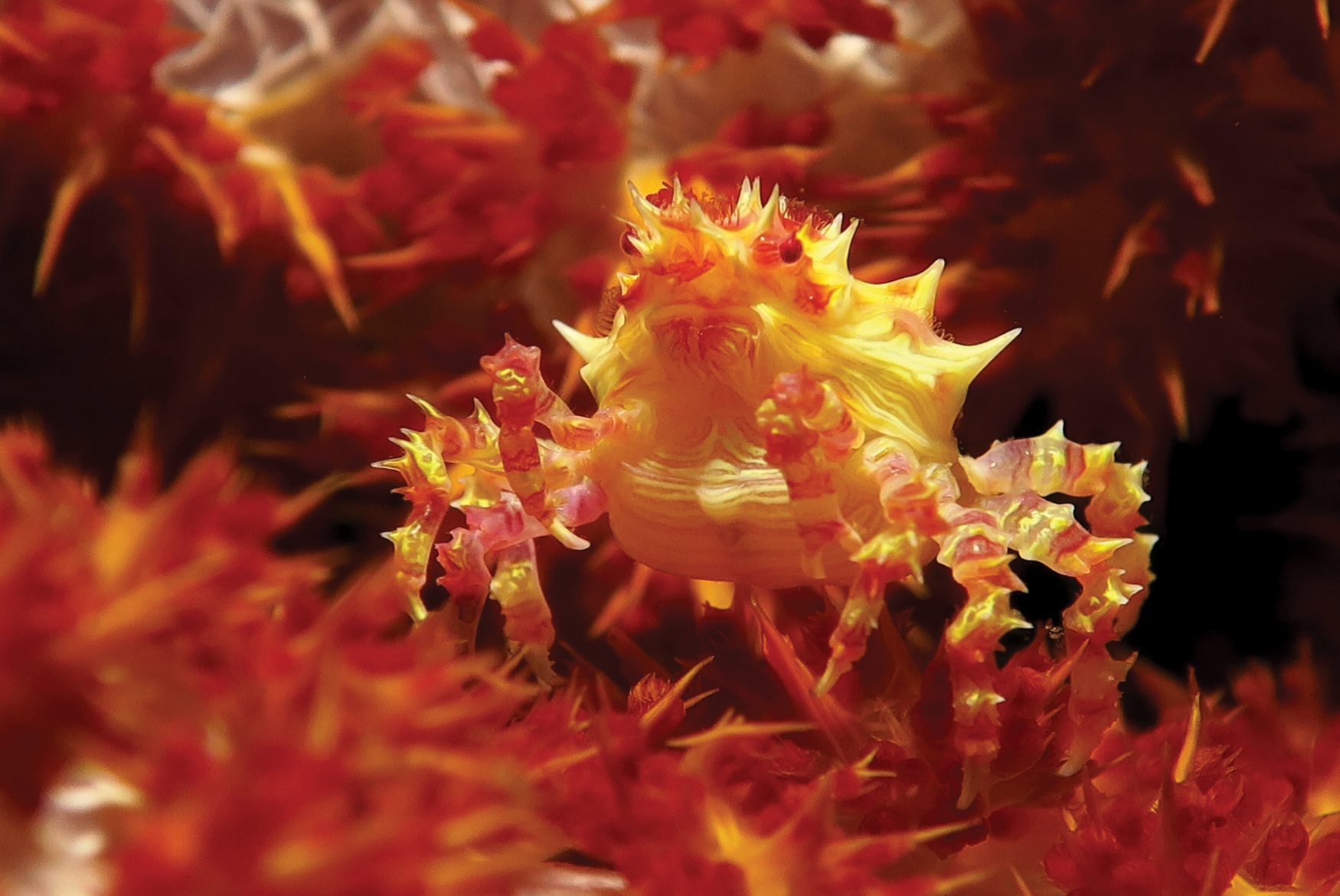We’ve heard all about the Philippines, some will tell you that “it’s a dangerous country”, others that “hurricanes have ravaged everything”, or “if you’ve ever been to Asia, you’ll have a feeling of déjà vu”.
Please forget all your prejudices, because anyone who has never been to the Philippines cannot imagine what this jewel of the Pacific will bring him. And yes, I did say Pacific.
It is important to understand that the Filipinos are not Asia. Certainly the inhabitants have slanting eyes, but they are above all a curious melting pot!
A mix of Chinese in the north, Malay in the west, aboriginal Papuans in the south and finally the Pacific Islands in the east! The 300 years of Spanish occupation since the arrival of Magellan have Europeanized the local culture through its architecture and Christian religion. The food, just delicious, is a clever mix of all this and the welcome of the population is much warmer than generally in Asia.
In fact every traveller will find a trace of his or her own civilisation, making it a truly endearing country.
Of the 7000 islands that make up the archipelago, we have selected some of the most interesting for a first trip. Of course each island has its own speciality. Diving, surfing, partying, hiking, tell us what you want and we will help you choose the one that suits you best.
LUZON
The island of your arrival in Manila!
Take advantage of your stay to visit this ancient city turned modern and its famous centuries-old Chinatown. The old town is well worth a visit and will plunge you into the heart of colonial Spain with its timeless “Pueblo”, Baroque churches and fortified walls. Its seaside walks are famous and its nightlife is very lively. Its multitude of small bars and restaurants with varied atmospheres will end your days in beauty!
Luzon is also a real paradise for hikers, even if you have to accept the 8 or 9 hour drive to reach the Ifugao lands.
In the shape of an amphitheater, the terraced rice-fields of Batad are definitely more spectacular than those in Bali.
Ifugao villages are typical and most of the inhabitants have managed to preserve the way of life of their ancestors. It is very original to see that they keep in their homes the bones of their ancestors wrapped in colourful hand-woven blankets.
For more active visitors, visit Tappiyah Falls, where you can swim under the falls in the wilderness.
Mayoyao is a paradise hidden in the mountains of the Cordillera. It is located at 1500 meters above sea level. Its rice terraces are nestled in a valley and connect most of its villages. The main paths of the terraces lead from house to house offering you the chance to meet the villagers around the area.
Sagada is famous for its hanging coffins and this unusual way of burying their dead. This tradition is still alive but not everyone is allowed to be buried this way. Among other things, you must have been married and have had children. This region will appeal to lovers of trekking, exploring caves and waterfalls, speleology and hiking.
Bontoc is the historic capital of the province of Cordillera Mountain and of the Bontoc tribe, an indigenous people who were actively engaged in tribal wars until 1930.
PALAWAN
Palawan Island is regularly ranked as one of the “most beautiful islands in the world”, thanks to its rich and varied flora and fauna, and its well-preserved natural attractions. Find out why healthy ecotourism is so essential to preserving the natural wonders of this earthly paradise.
From the dreamy coral-fringed landscapes of the Calamian coral and karst limestone formations of El Nido, to the windswept shores of central Palawan and the pristine sandbars of Balabac.
Palawan simply has the best beaches, not only in the Philippines, but in all of Southeast Asia.
Of Note : Palawan has always had a strong environmental protection side. It was one of the first provinces to crack down on waste, noise pollution and single-use plastics. The stakes are high, as the province’s booming tourism industry is based on preserving its ecology and natural beauty. In this context, several award-winning resorts are leading the way to a more sustainable future, combining indigenous design with low-carbon elements such as solar panels, composting and edible gardens to create sustainable living spaces.
OUR FAVOURITES HOTEL
Pangulasian Island Resort
A magical island hidden in Bacuit Bay on the island of Pangulasian, “the island of the sun”.
Discover the spectacularly unspoilt setting of the Pangulasian Island Resort. Facing a 750 meters long white sandy beach overlooking the bay, the resort offers 42 individual villas all with private balconies either on the beach, in the forest, 17 meters above ground or with a private pool. With a marine sanctuary right on the doorstep, this place is a diver’s dream. A library, restaurant and bar in the Clubhouse, an infinity pool and a spa will offer you unforgettable moments of relaxation.
Each of the villas at the Pangulasian Island Resort is built in a contemporary Filipino style. Eight Canopy Villas are perched on stilts above the forest, 24 Beach Villas face the beach and are close to the infinity pool, poolside bar and grill. Six Pool Villas are located by the sea and each has its own 22 m² swimming pool. For ultimate privacy, 4 Kalaw Villas are located in a secluded cove at the western end of the island, with their own meeting room and private pool.
CEBU
This 200 kilometers long island is totally surrounded by coral reefs.
In addition to its historical sites, luxury resorts and lively nightlife, this urban destination also offers eco-adventures.
In the forests of Cebu’s interior, waterfalls and rare birds await those adventurous enough to look for them.
Live a unique experience in the mangrove and visit ancestral houses accompanied by local guides. Cebu’s culinary heritage is equally captivating, so prepare your taste buds and let yourself be surprised by its local cuisine.
BOHOL
Home to the famous Chocolate Hills, Bohol is one of the most visited destinations in the Central Visayas region of the Philippines.
This island province offers breathtaking sites for history buffs, beach lovers and adrenaline junkies.
Bohol consists of a main island and 73 smaller islands surrounding it. So you will have plenty of opportunities to explore.
Not to be missed :
The Chocolate Hills extend over an area of 50 square kilometres and cover the towns of Carmen, Sagbayan, Bilar, Sierra Bullones and Valencia. These grass-covered hills turn brown in summer, hence their name Chocolate Hills.
For wildlife lovers, visit the Tarsier Philippine Sanctuary in Corella City and meet the world’s smallest primate – the Philippine Tarsier.
These cute furry creatures measure the size of an adult human thumb and are active at night.
For sea adventures, play with the dolphins that reside near Pamilacan Island or dive into the depths and explore the coral gardens of Panglao, Balicasag and Cabilao Islands. And if you just want to relax in the sun and take a refreshing dive, the beaches of Panglao and Anda will make you happy.
Get an adrenaline rush at the Danao Natural Adventure Park. Floating on the river, flying over a canyon, walking in the air over a gorge, crossing a waterfall to land in a natural cave, then diving into a ravine, so many activities possible in Danao.
For family adventures, the Chocolate Hills complex also features air-assisted bikes, hiking trails, playgrounds and dining facilities.
History enthusiasts will not be outdone. Bohol is home to more than a dozen national cultural treasures, including ancient houses, centuries-old stone churches and watchtowers spread along the northwest and south coast of the island. The most accessible ones are located in the capital, Tagbilaran.
BORACAY
If you like to party, Boracay Island is the number one tourist attraction in the Philippines and its beach is the most famous. After a six-month break to better manage its ecological impact, Boracay reopens its doors greener and cleaner than ever.
With the glorious White Beach and the liveliest nightlife on the country’s islands, it’s easy to see why Boracay is the number one tourist attraction in the Philippines.
SIARGAO
Once a well-kept secret in the surfing world, the island of Siargao has gradually become one of the world’s most popular destinations for surfers. It has also been hailed as the most beautiful island in the world in 2018.
This tiny haven of peace (total area of 437 km²), can be completely circumvented in less than a day. World-class surf spots, sparkling white sand islands and turquoise palm-filled lagoons are just a few metres away. Add to this: they are all within easy reach of small, charming hotels and recently opened beachfront restaurants offering local and international cuisine.
Surfing took the world by storm in the 1970s, but nobody knew the waves of Siargao at that time. It wasn’t until the early 1980s that nomadic surfers tried to escape from the rapidly developing surfing mecca of Bali, Indonesia. Those who knew where to look had found the golden surfing spot in a right-hand tunnel known today as Cloud 9. Then, in 1992, a famous surf photographer by the name of John Callahan visited, documented and published photos of the waves in an American surfing magazine. It didn’t take long for the whole world to come knocking on Siargao’s door in the hope of surfing its perfect waves.
Sohoton Cove is a 60-hectare cove located on the island of Bucas Grande and is about an hour’s boat ride from the port of Dapa. It is the perfect definition of paradise: high limestone hills covered with tropical plants and deciduous trees such as the magcono, aptly called ironwood, framing a shoreline of white sand and tiny shells.
The Hagukan cave produces an echo similar to a human snoring – the haguk, in the local language – when the waves hit its walls. To enter the cave, one has to swim through a narrow passage leading to the luminescent sapphire-coloured water. Nearby, another cave, called the Magkukuob cave, is covered with shimmering stalactites and stalagmites. To get out of the cave, you have to climb a cliff and jump!
For more advanced speleology, the Balitas cave and the crystal cave offer challenging paths. But to arrive in the belly of these caves is a great reward: crystal formations and fresh, clear water. Once inside, the croaks of the swifts, locally known as balinsasayaw, resonate.
Island touring is also a popular activity in Siargao, as the neighbouring islands all offer their own paradises. The full tour of Guyam Island, Daku Island and Naked Island is well worth reserving your whole day.
Guyam is the smallest of the three islands and you can walk around its small sandy patch in less than 10 minutes. Daku is a larger island where you can spend most of your days relaxing. A seafood and tropical fruit lunch is served on the back of a surfboard or on a banana leaf. Finally, Naked Island is a fun but peculiar island because it has only white sand. There is no vegetation or structures.
Here, adventurous visitors pose with their bare buttocks for photos as a tribute to the small island’s fame..
PALAUI : An unspoilt paradise
The island of Palaui in Santa Ana, Cagayan is a protected environment.
The island of Palaui has been declared a national marine reserve and is home to 21 species of fish, as well as approximately 50 hectares of undisturbed coral. The island is the tenth entry in CNN’s list of the world’s 100 best beaches, published on 13 May 2013, which highlighted the island’s “raw beauty”. Its northernmost point is the historic Cape Engaño Lighthouse.
